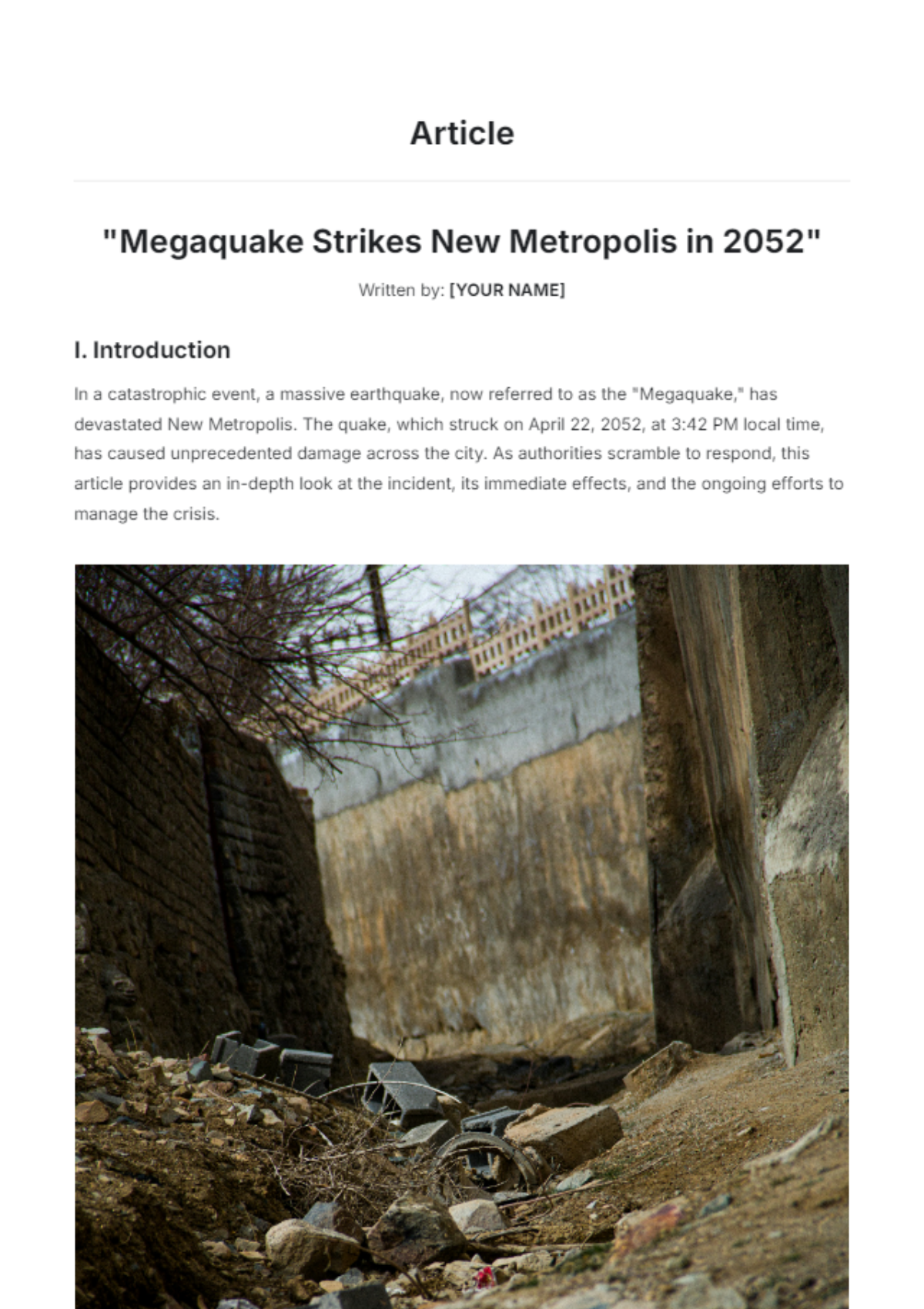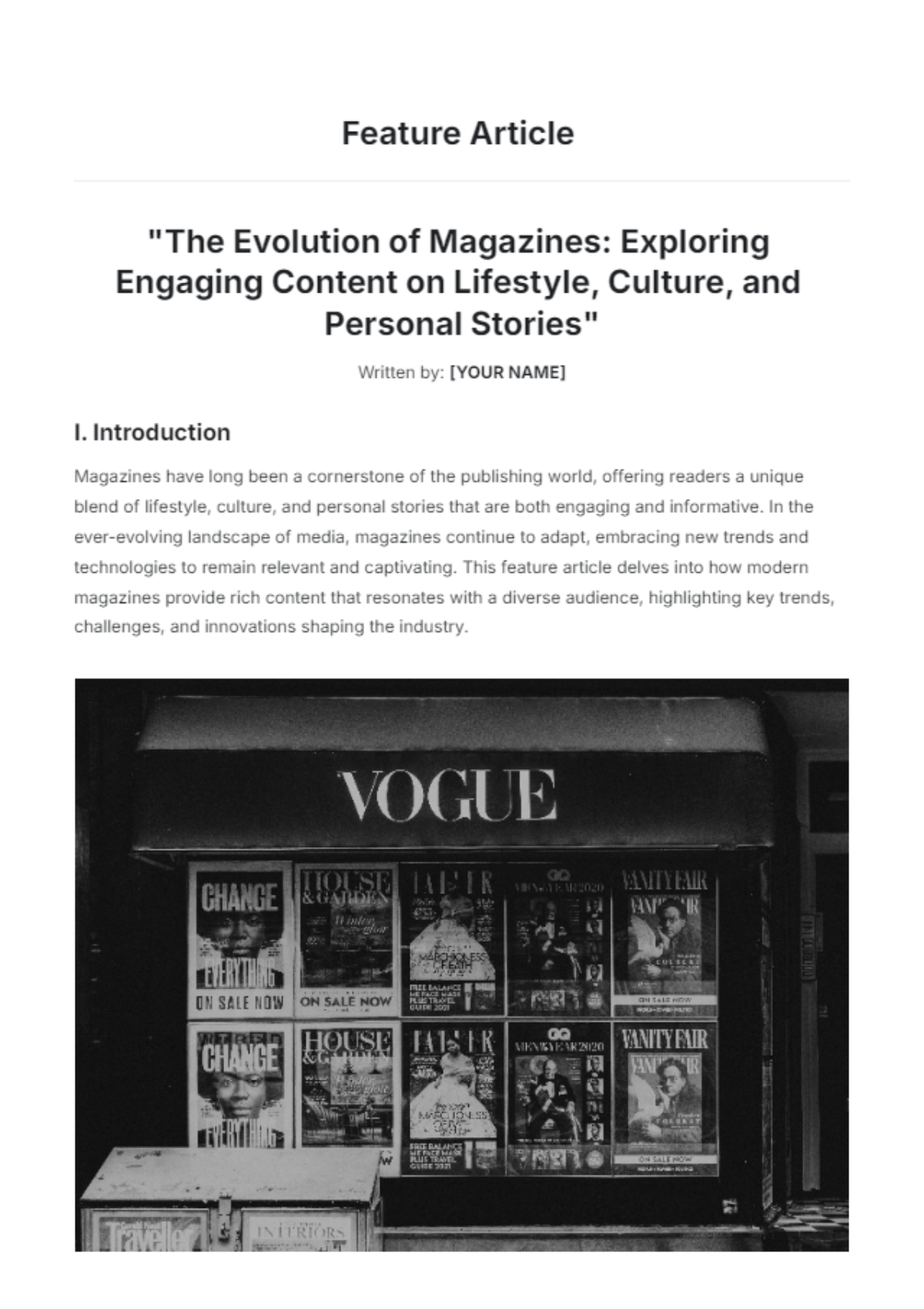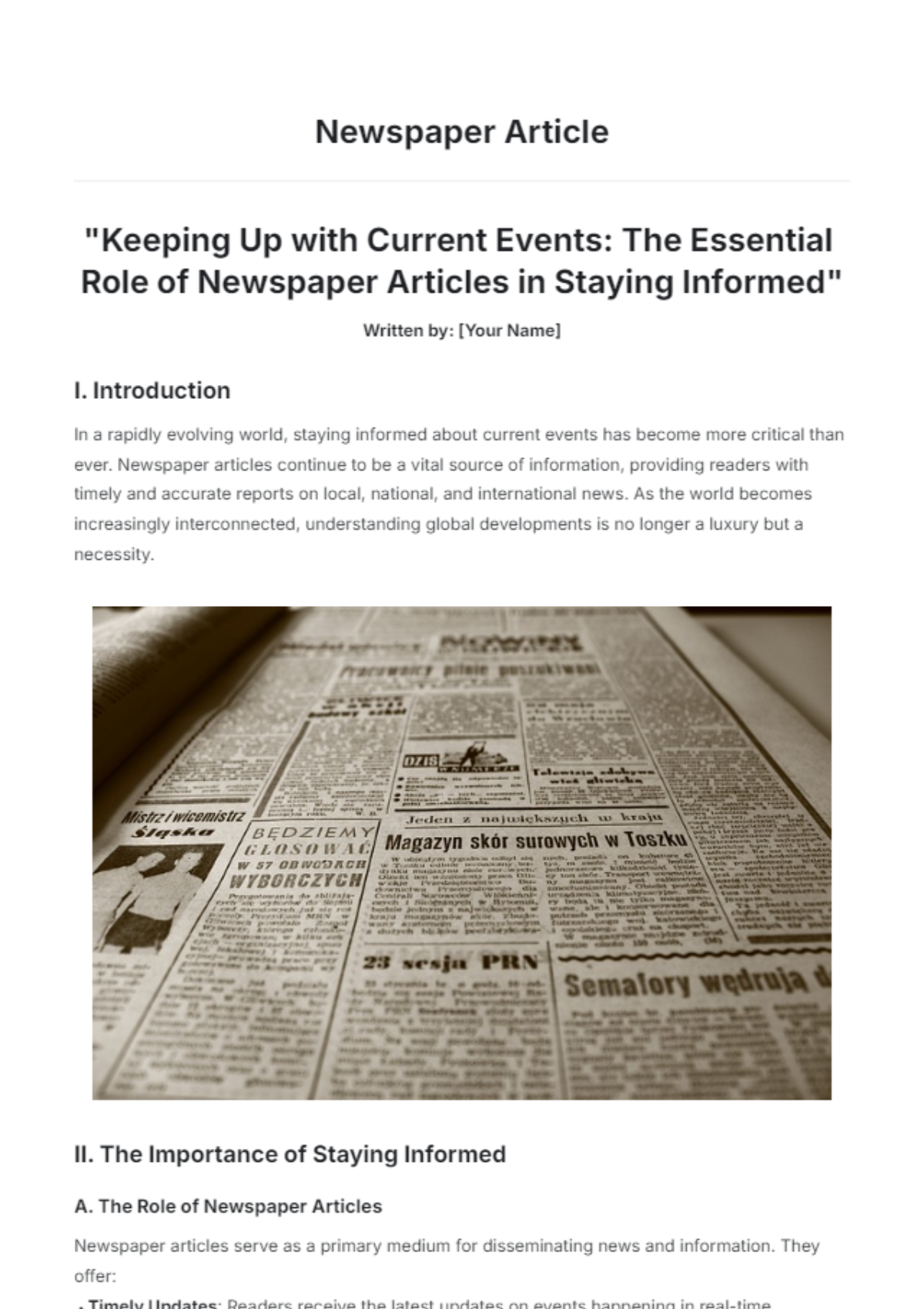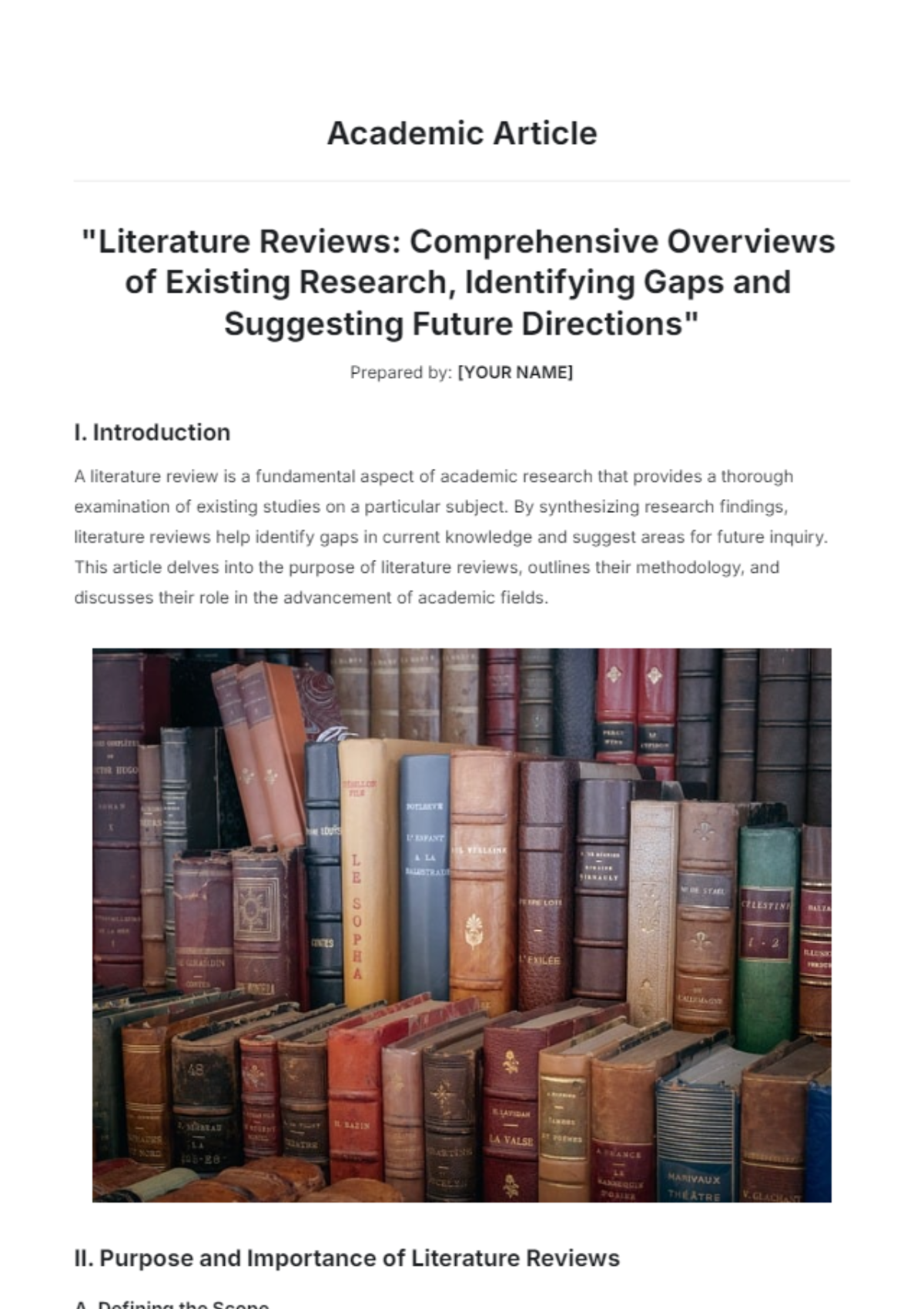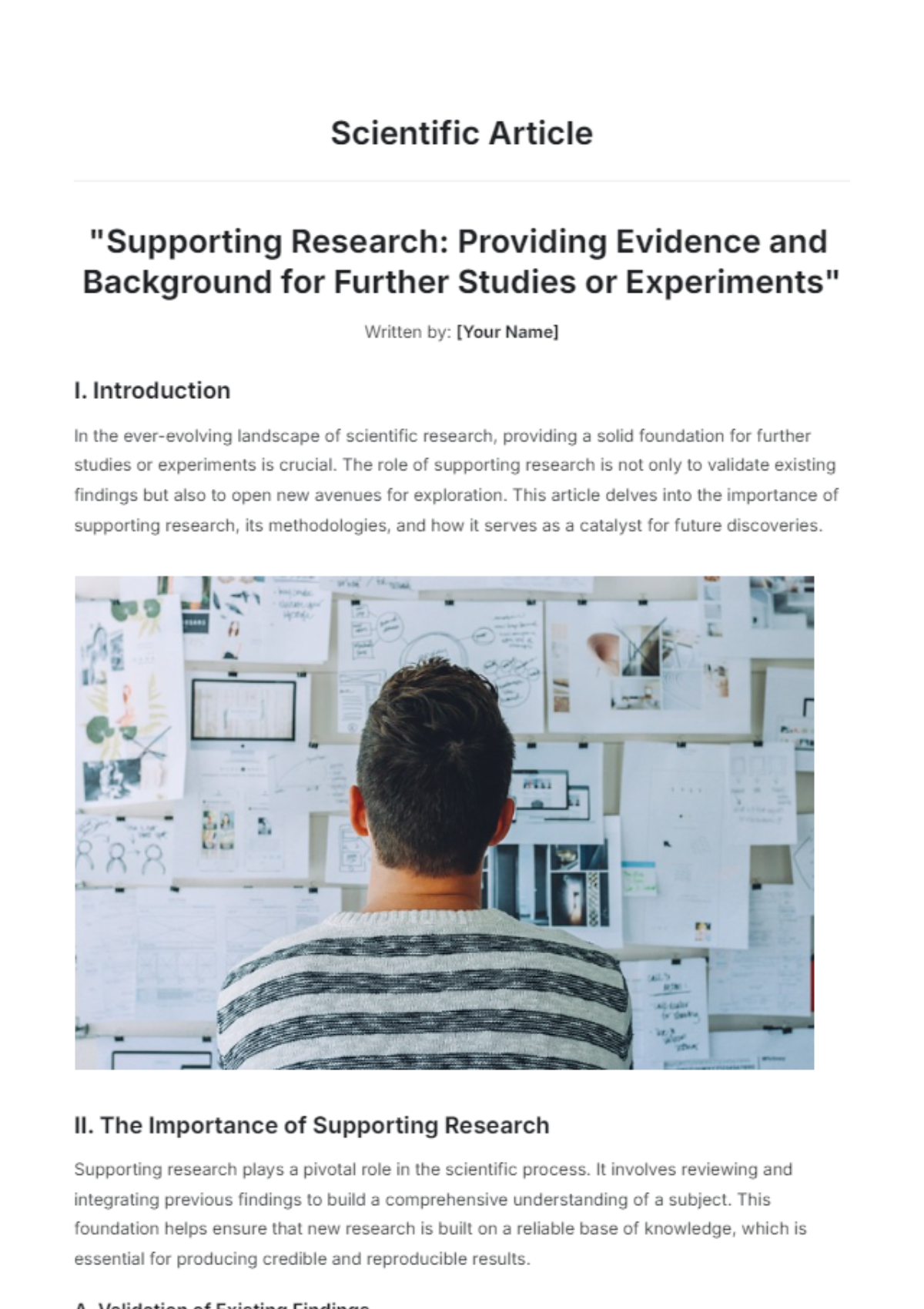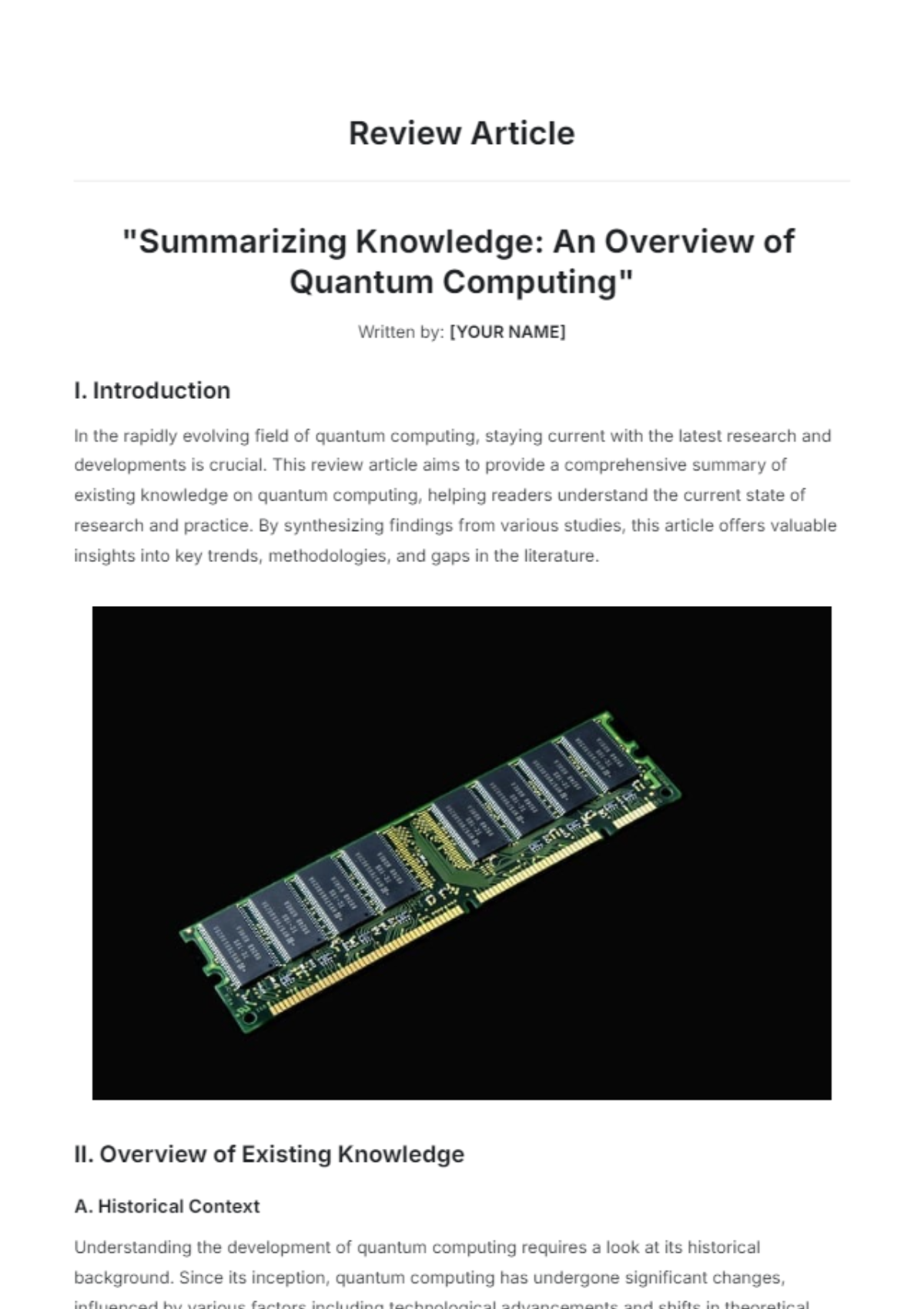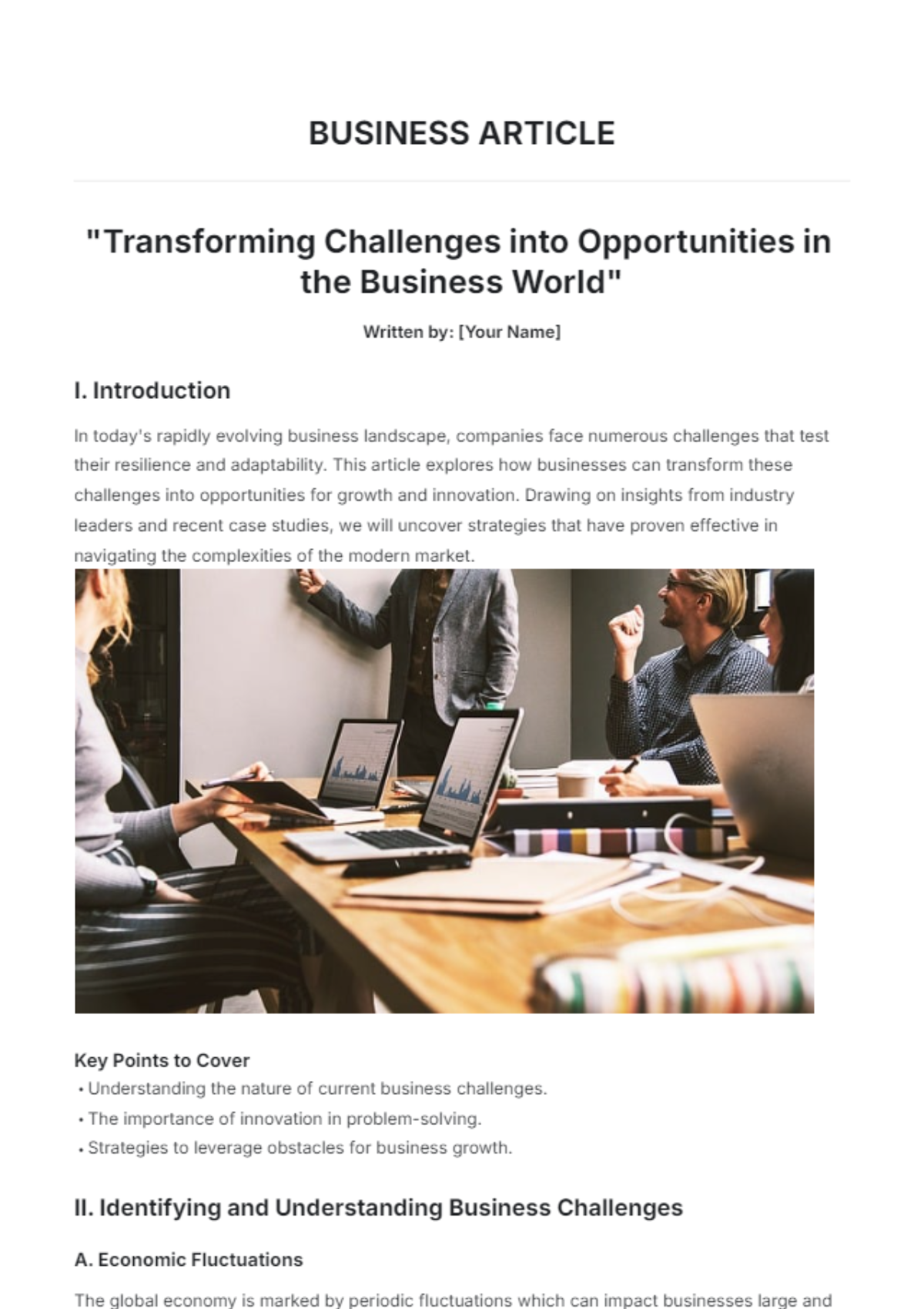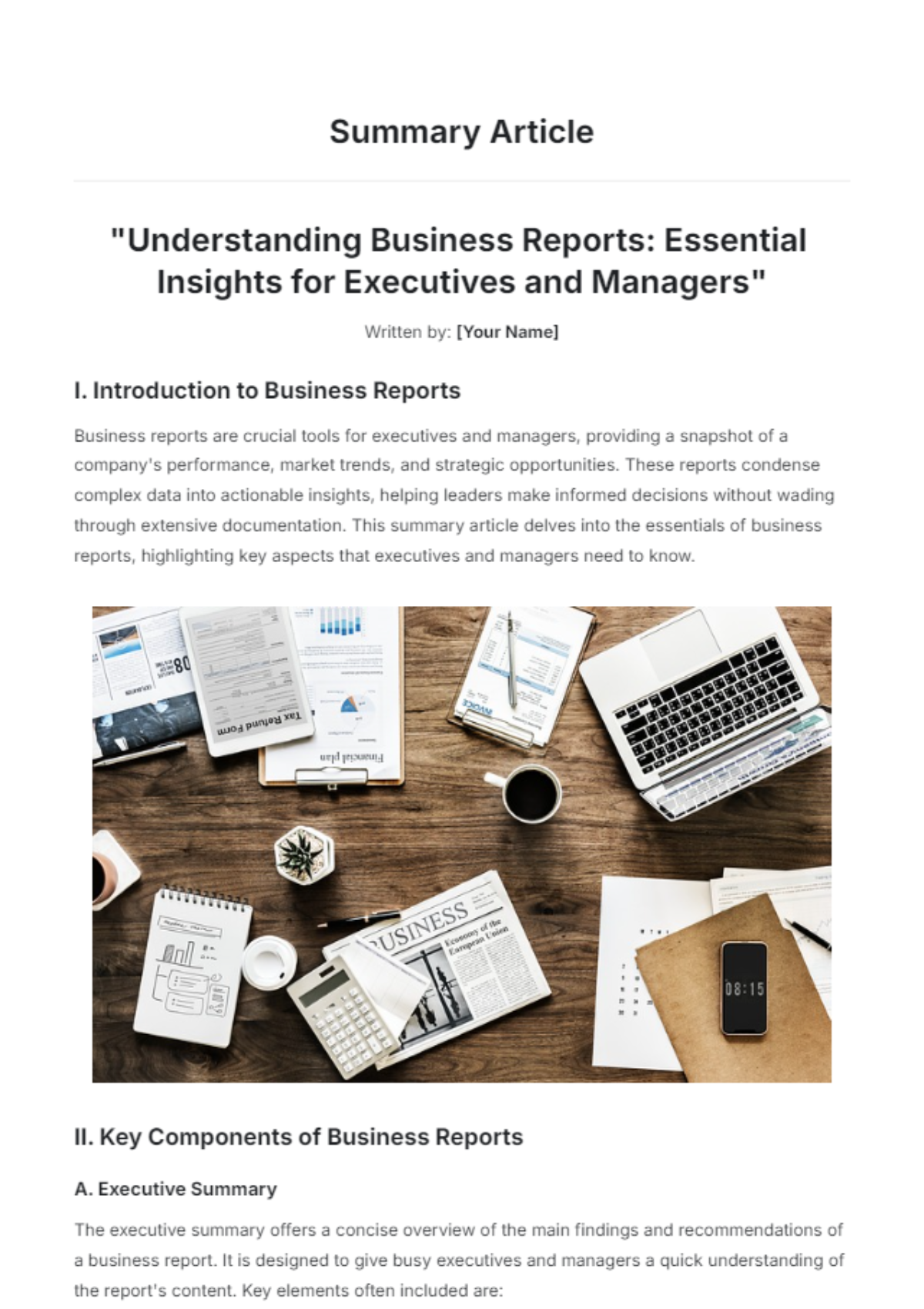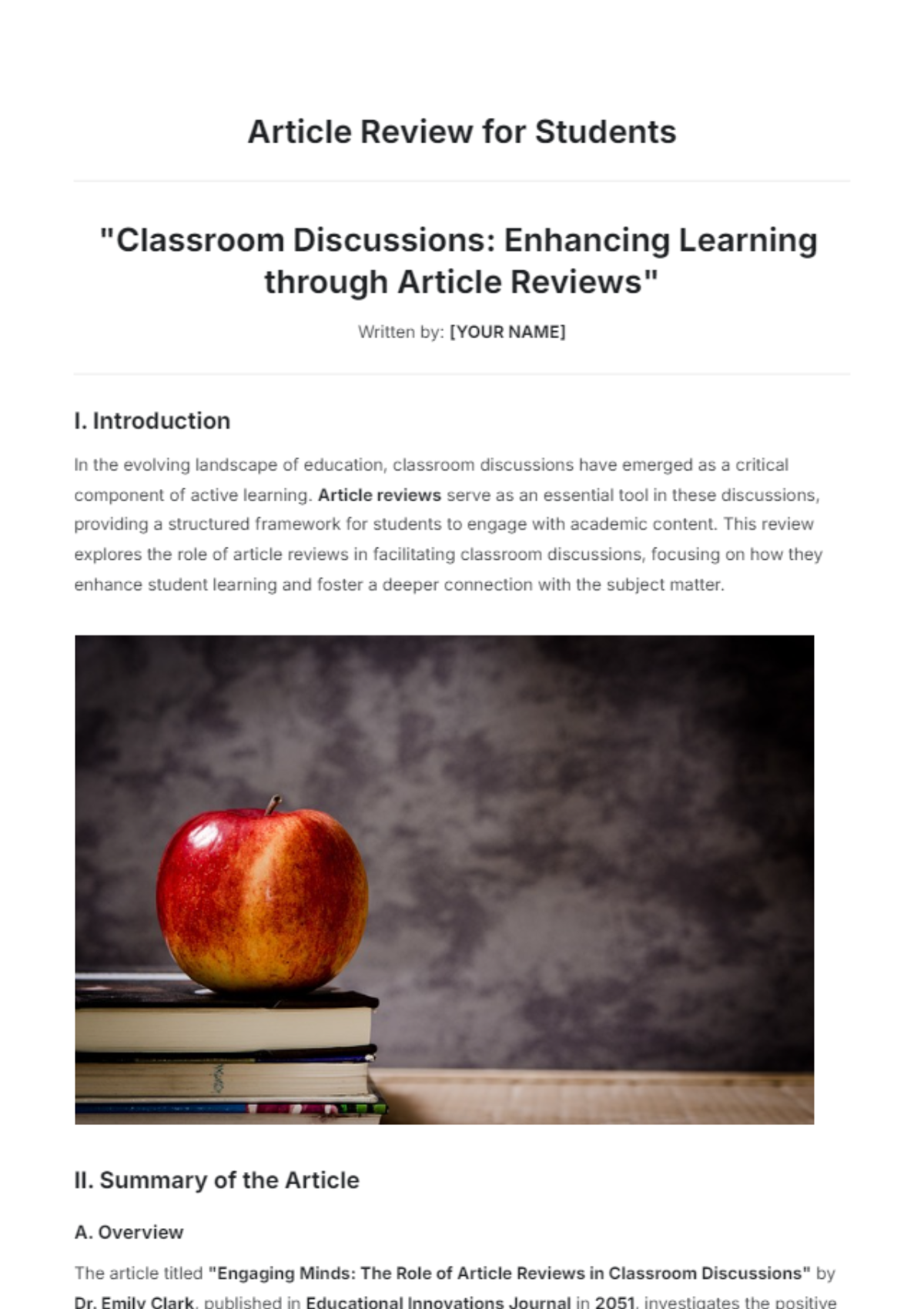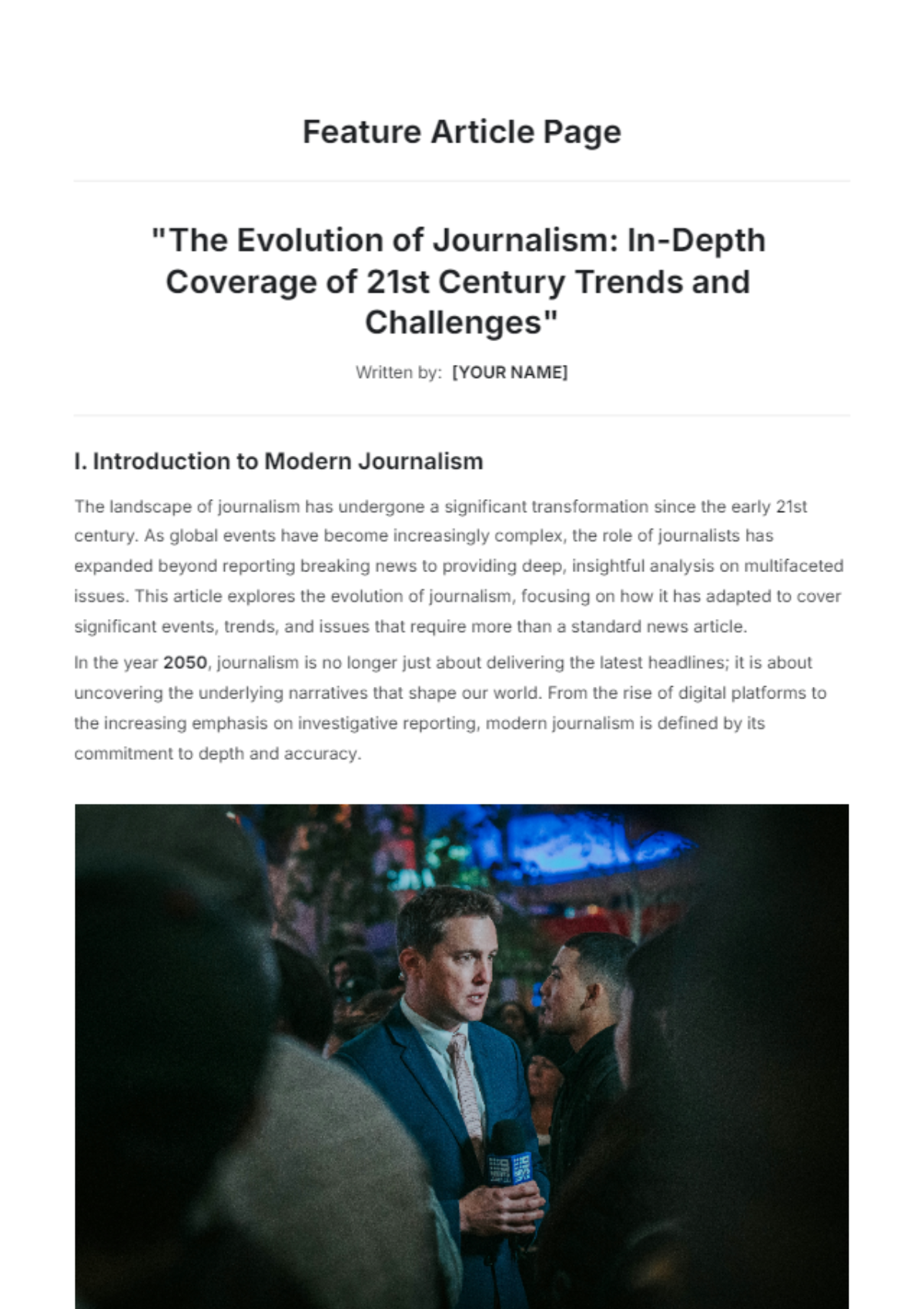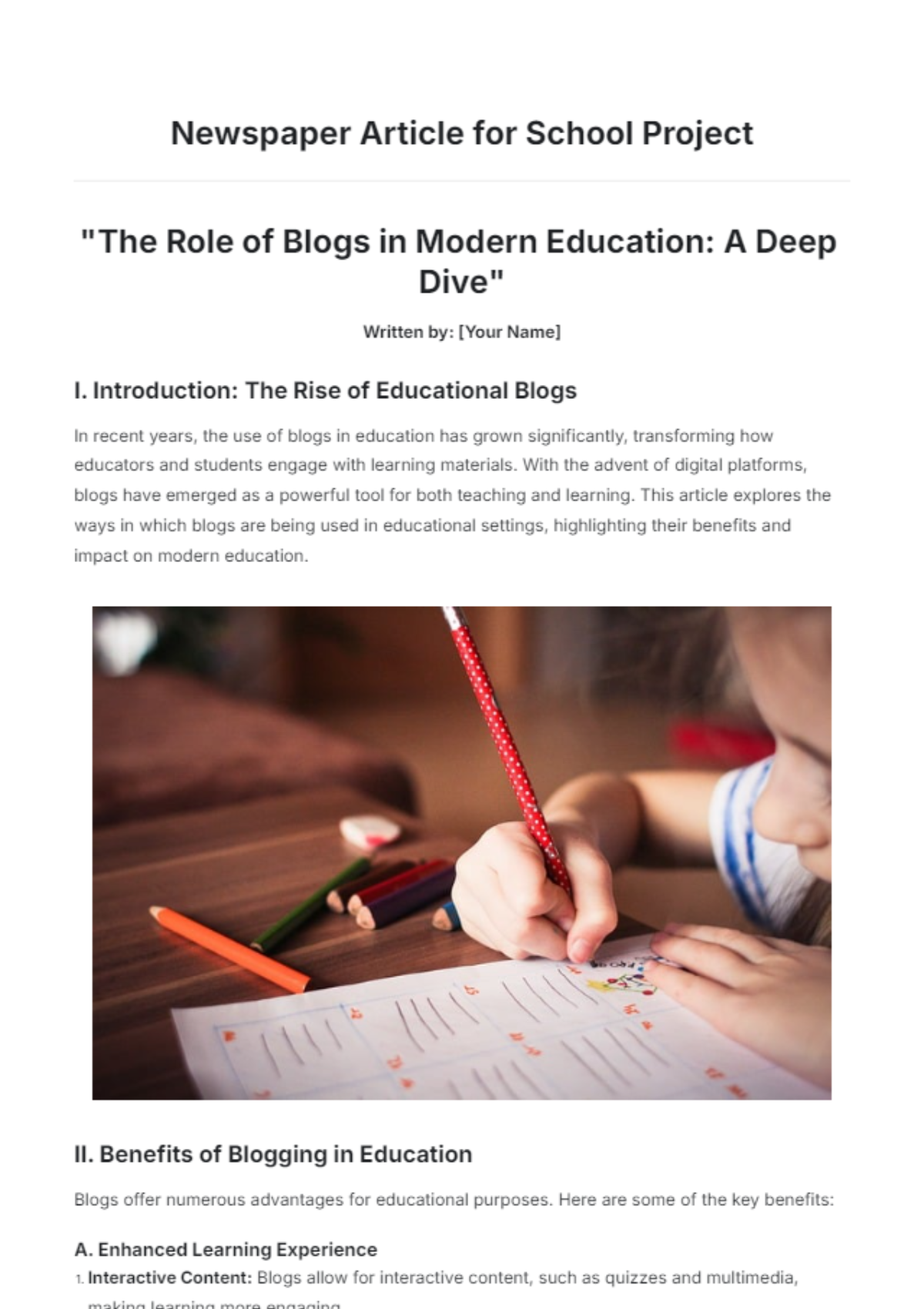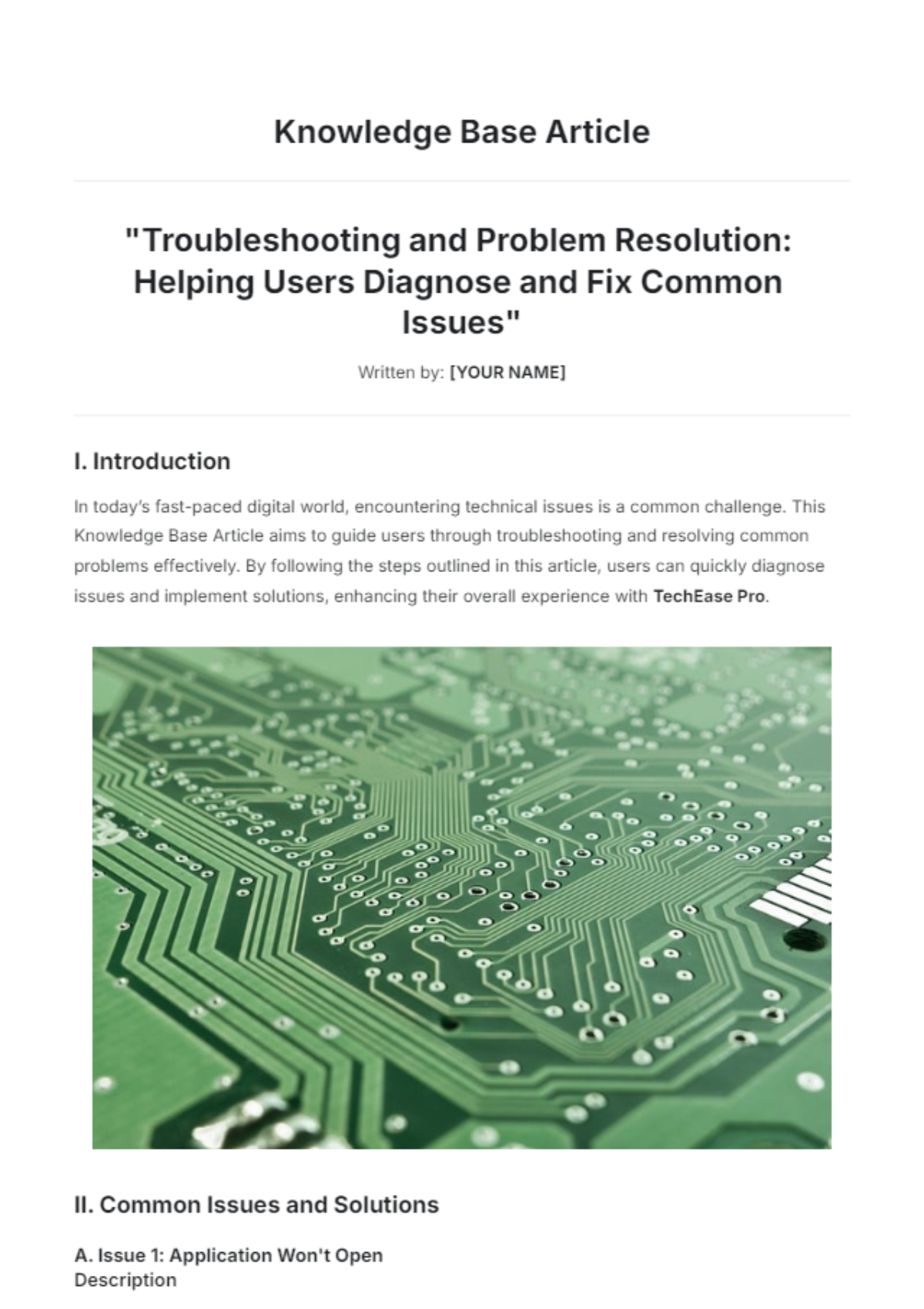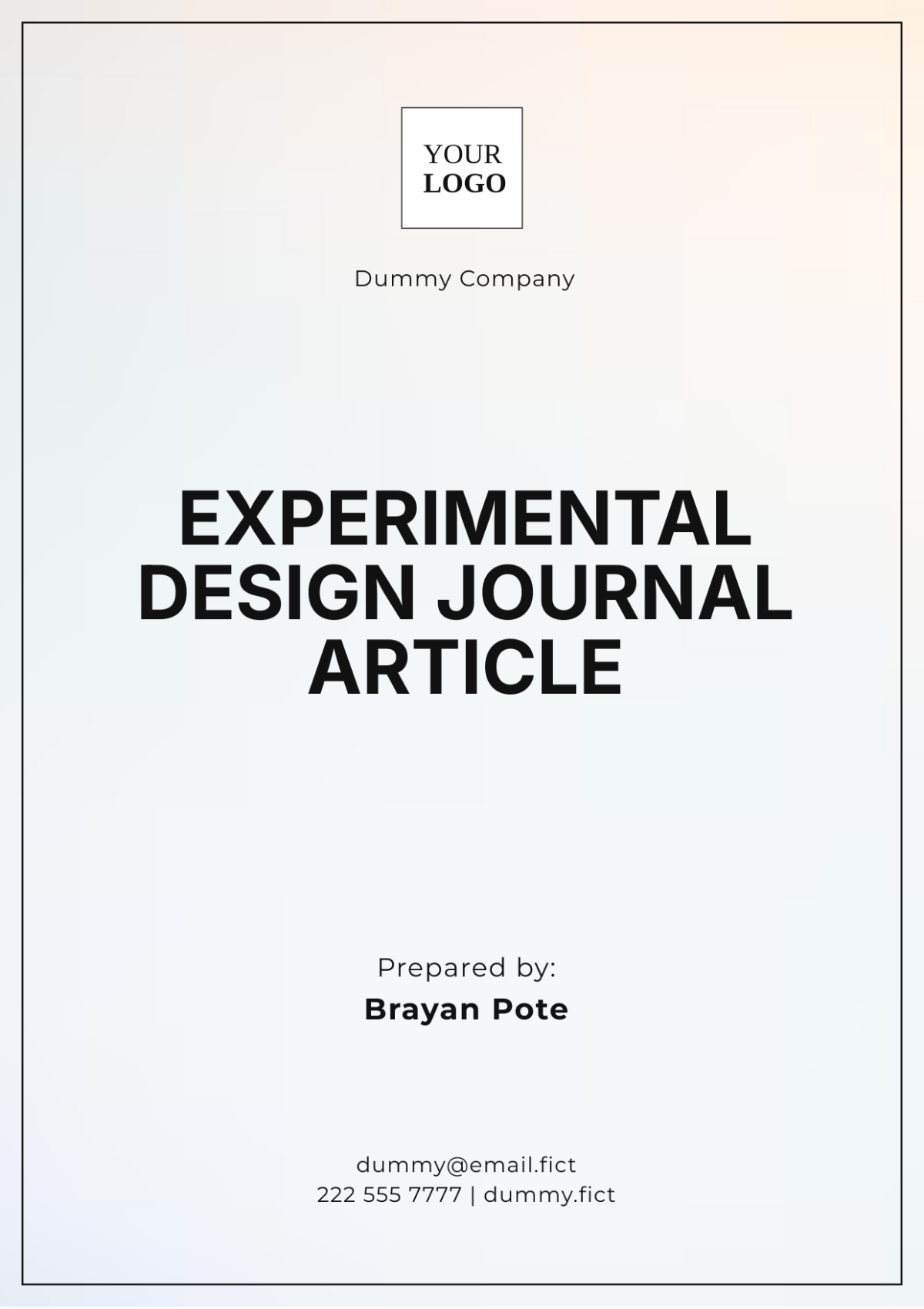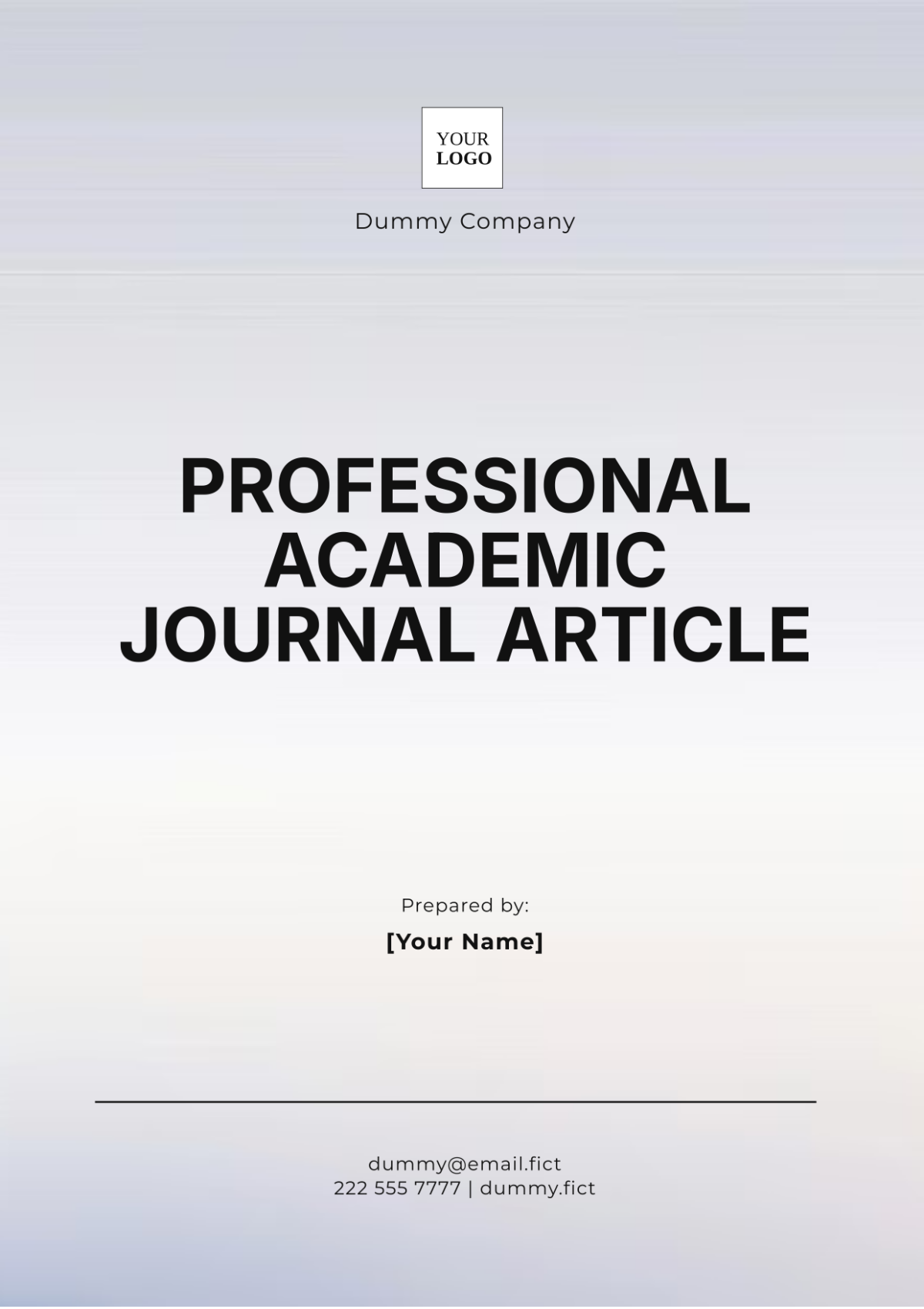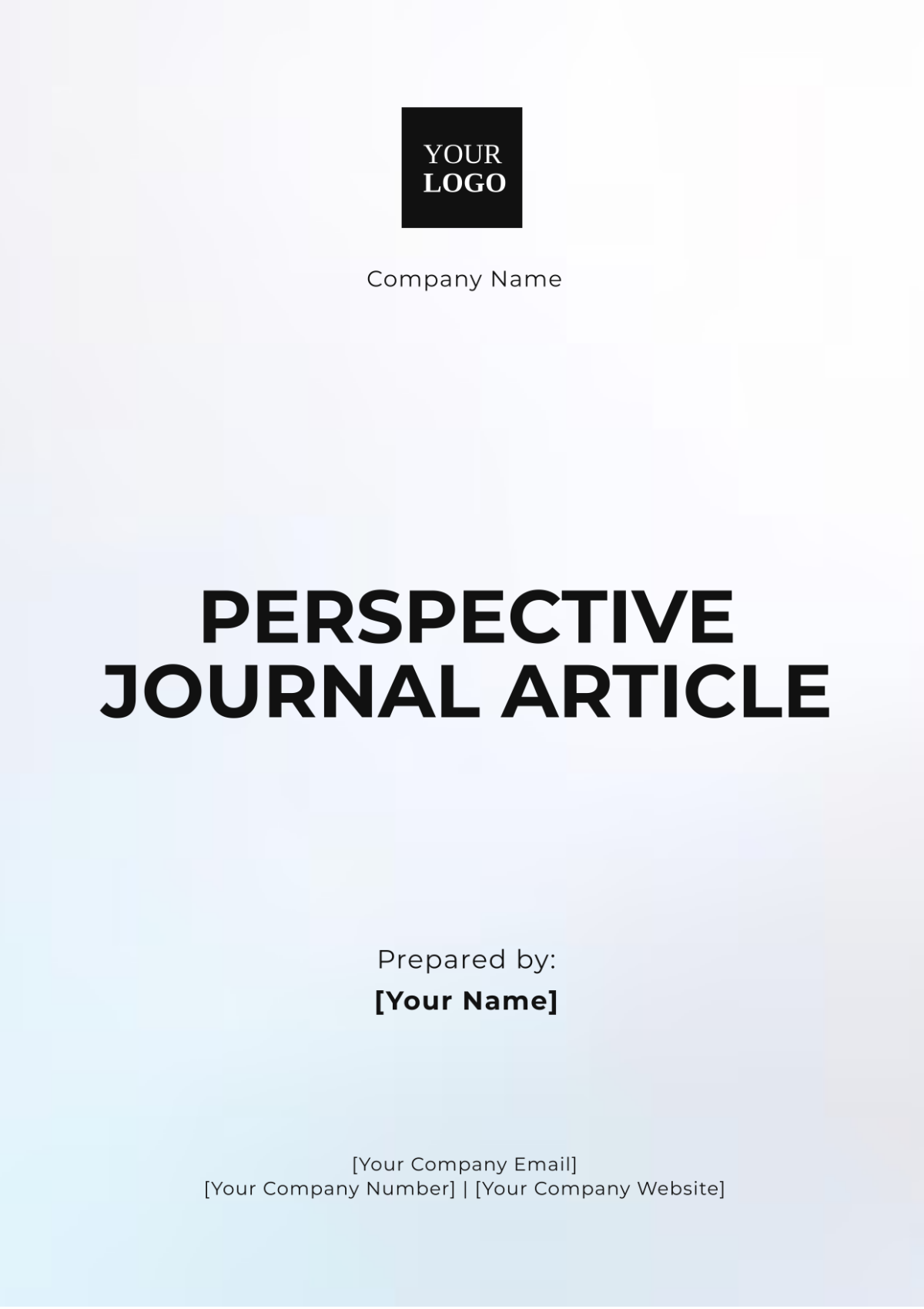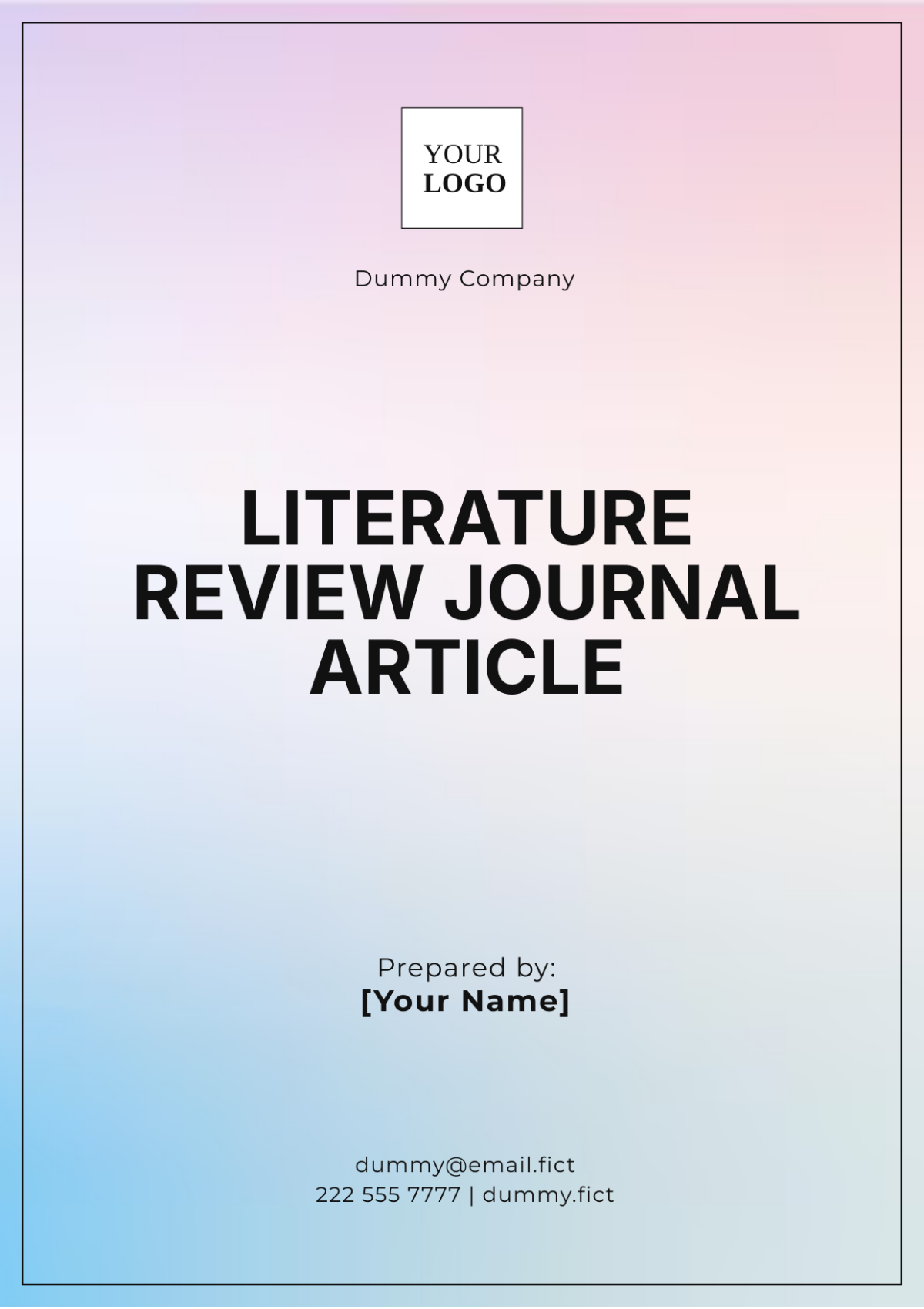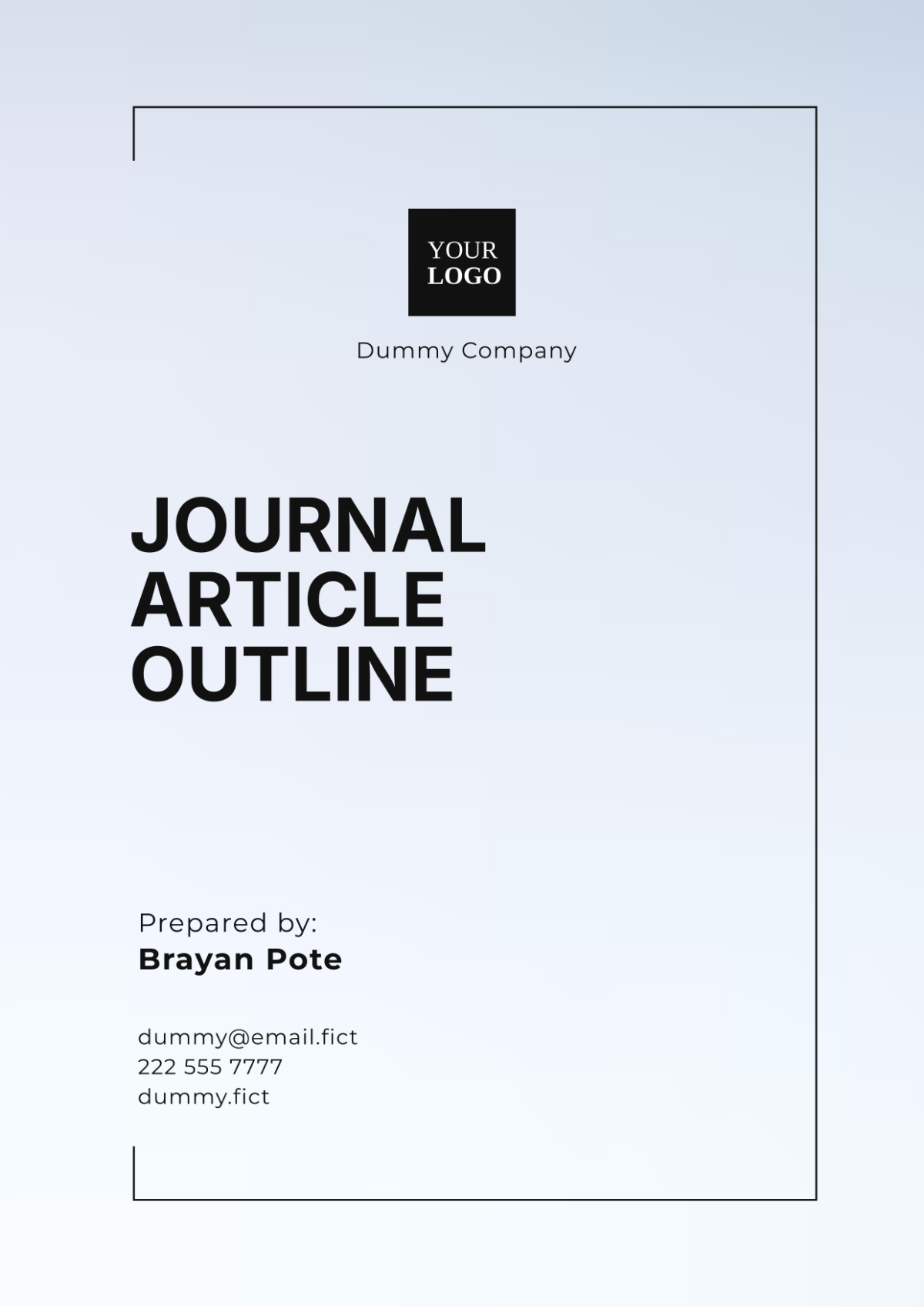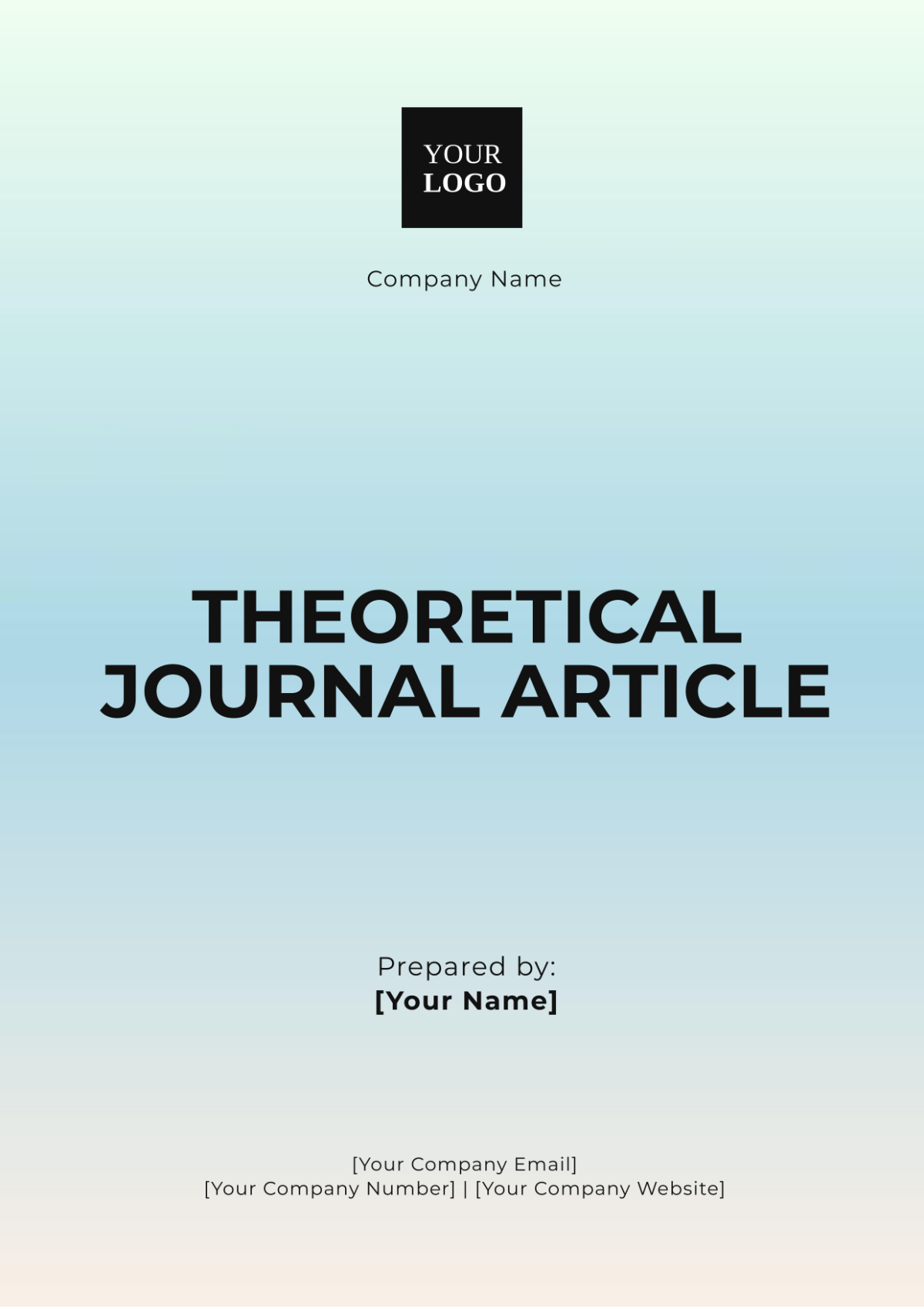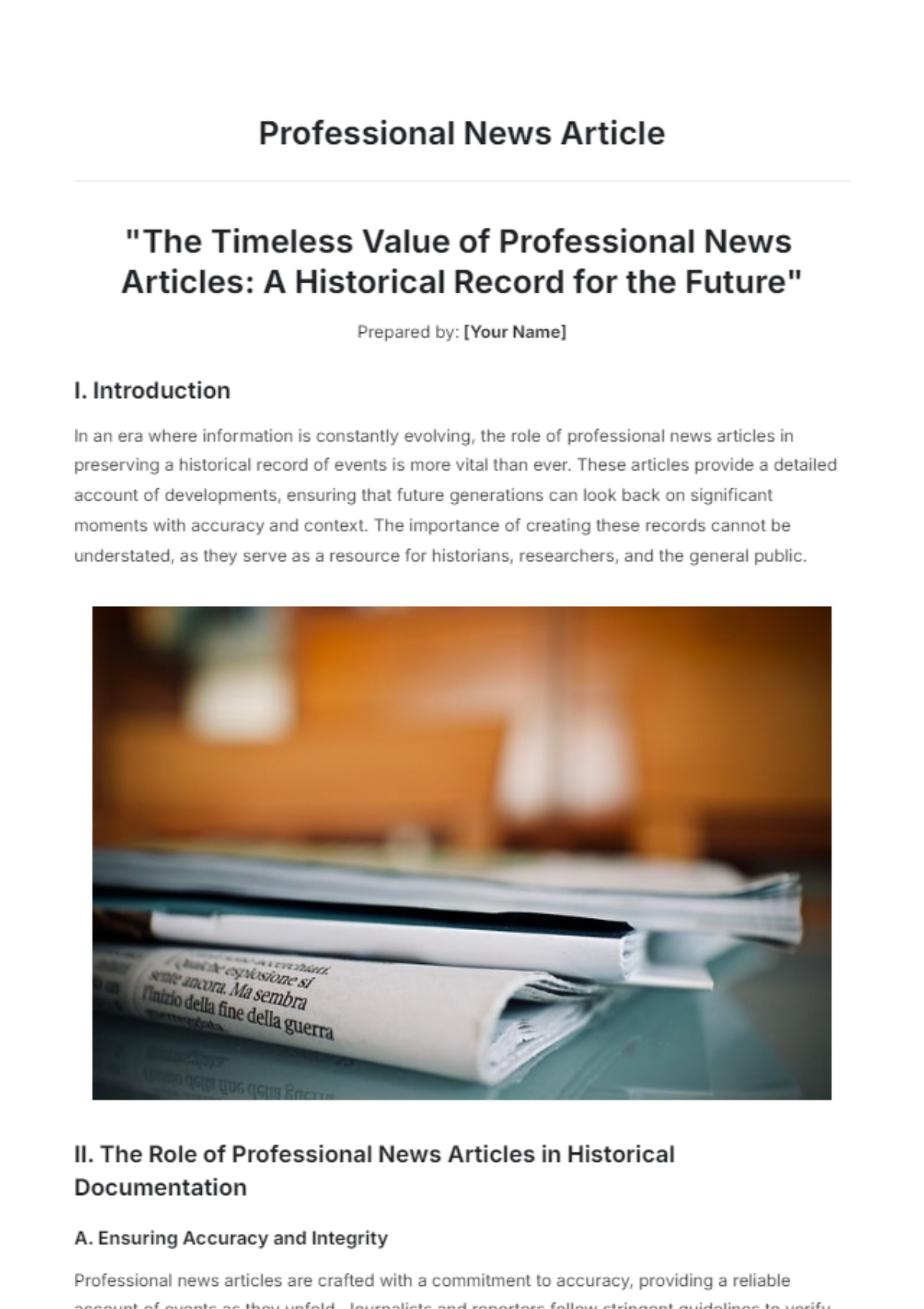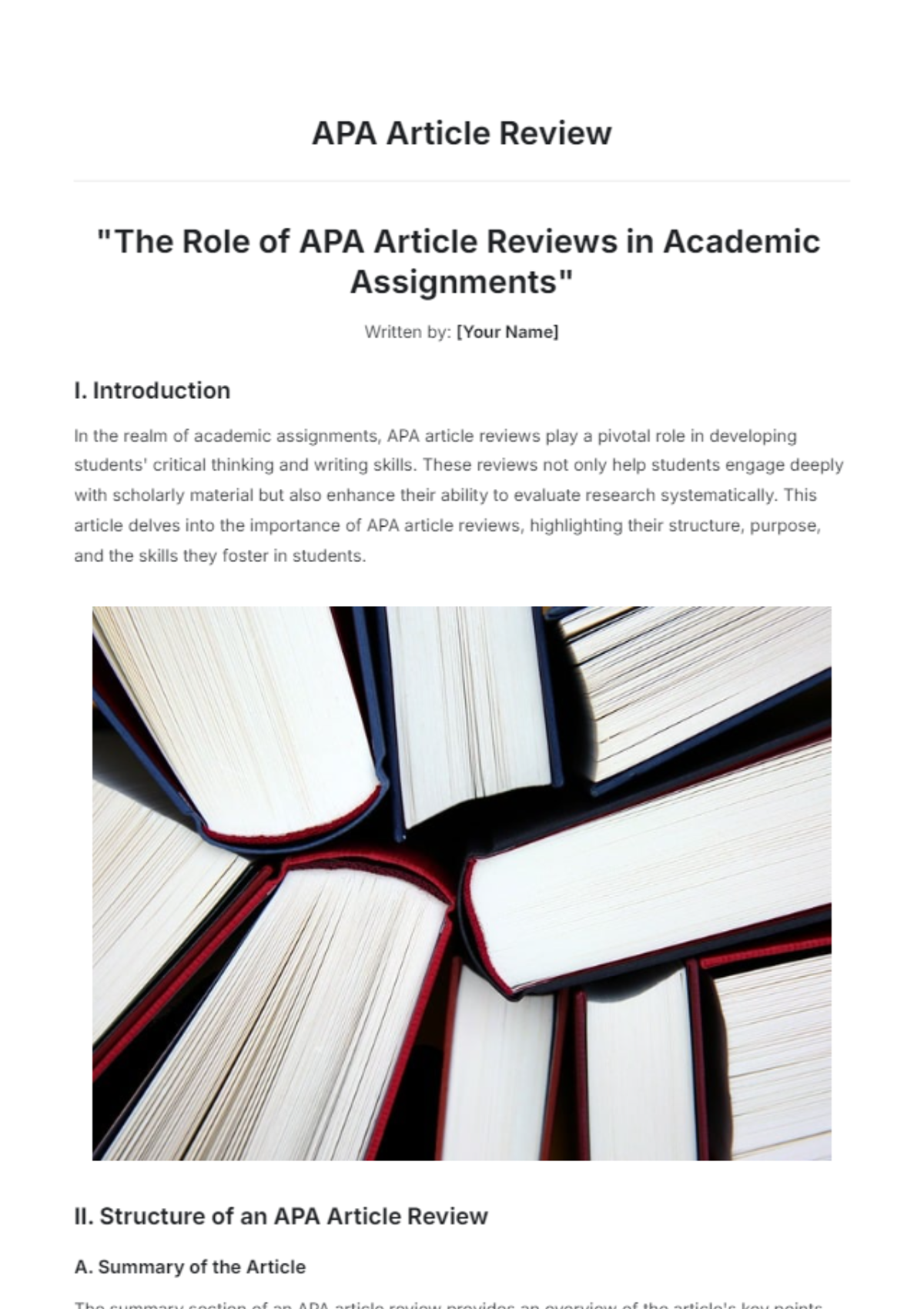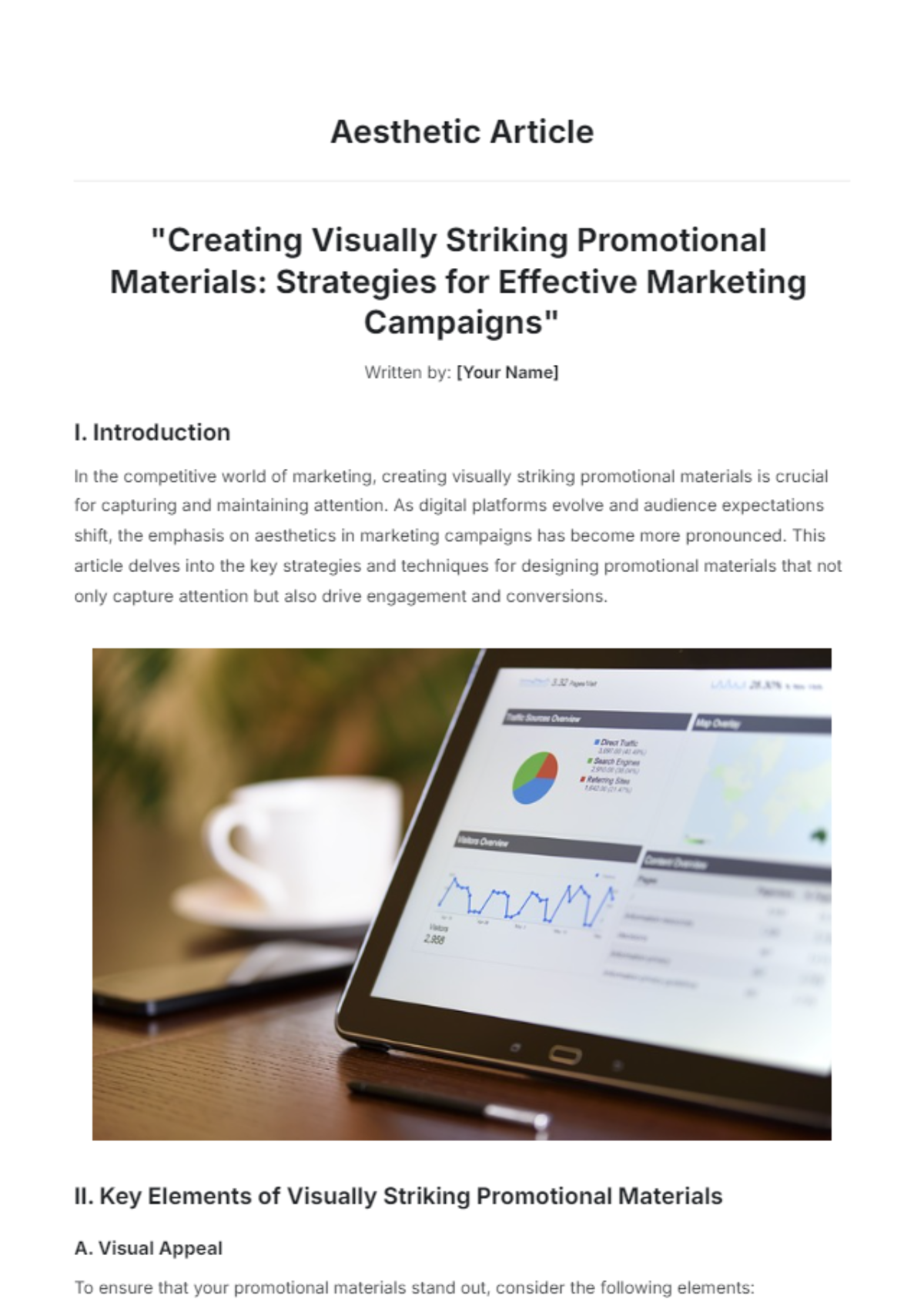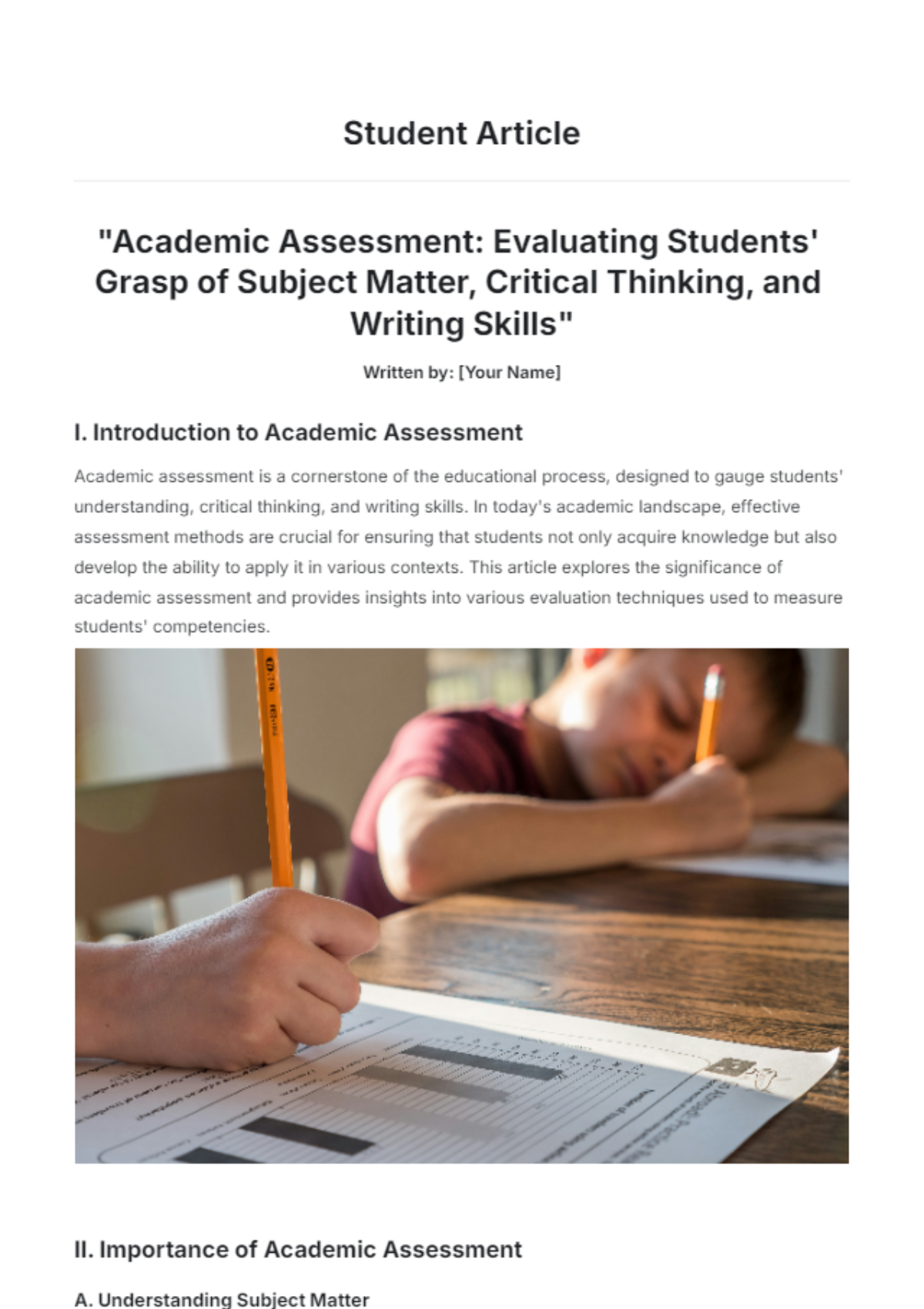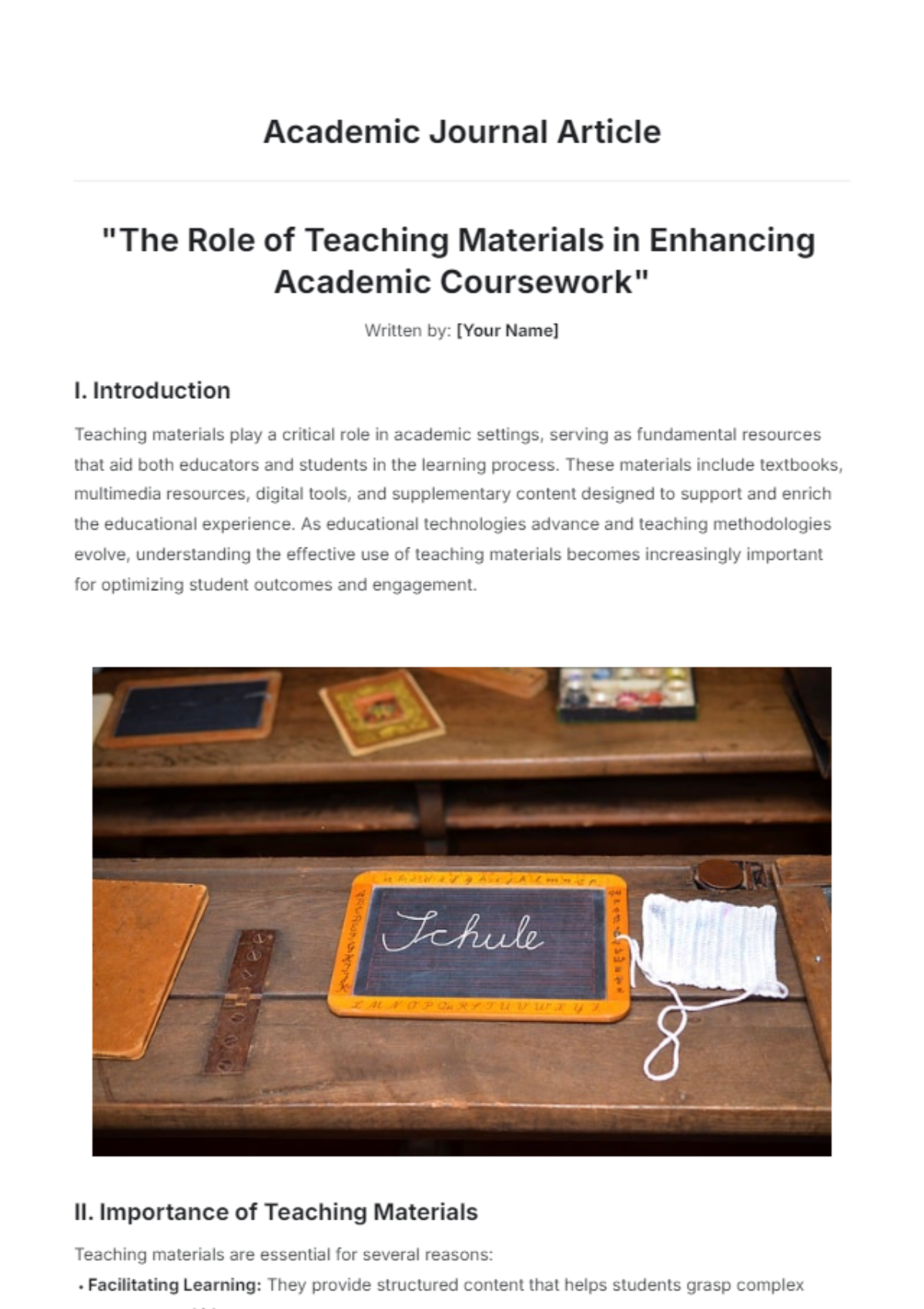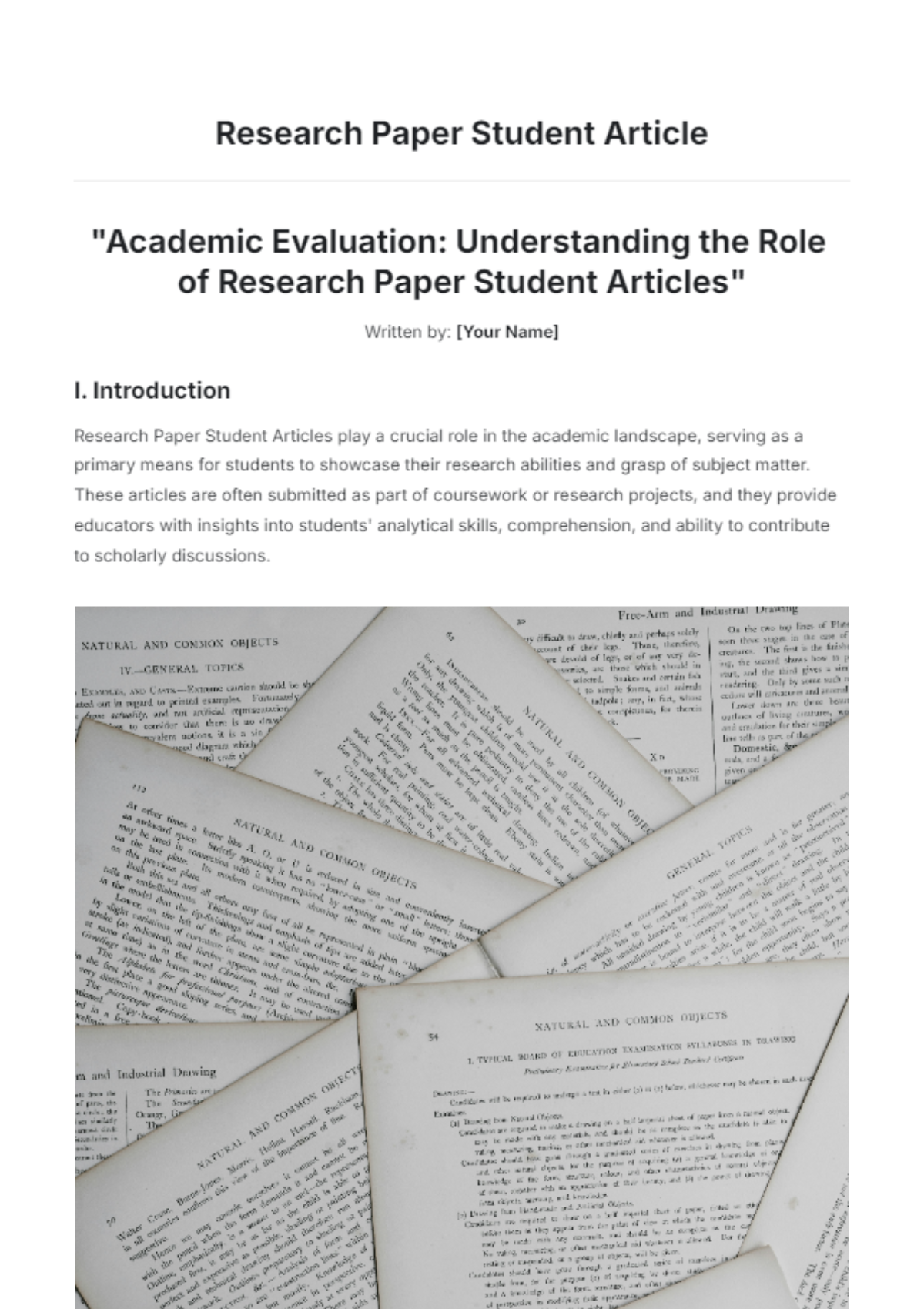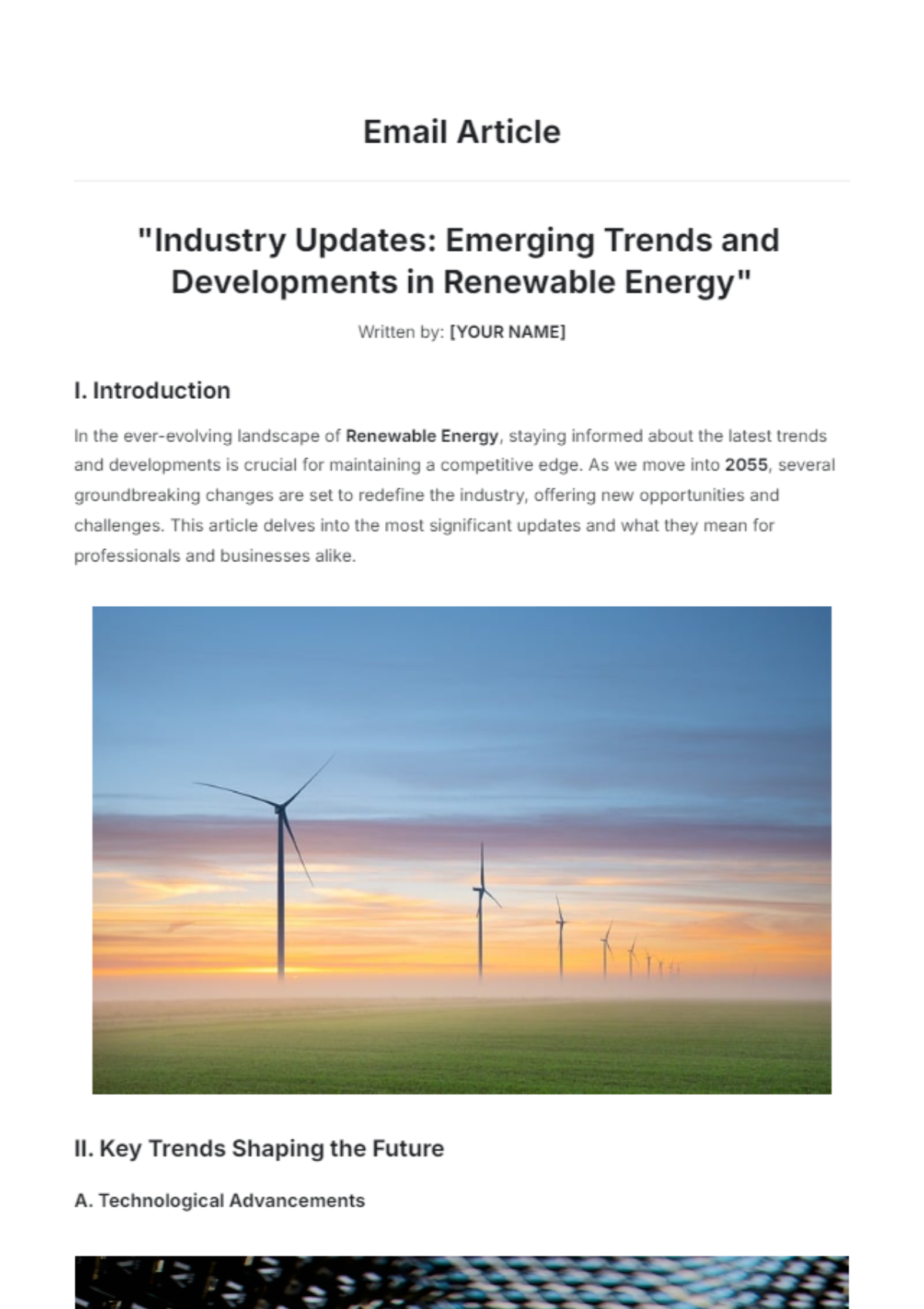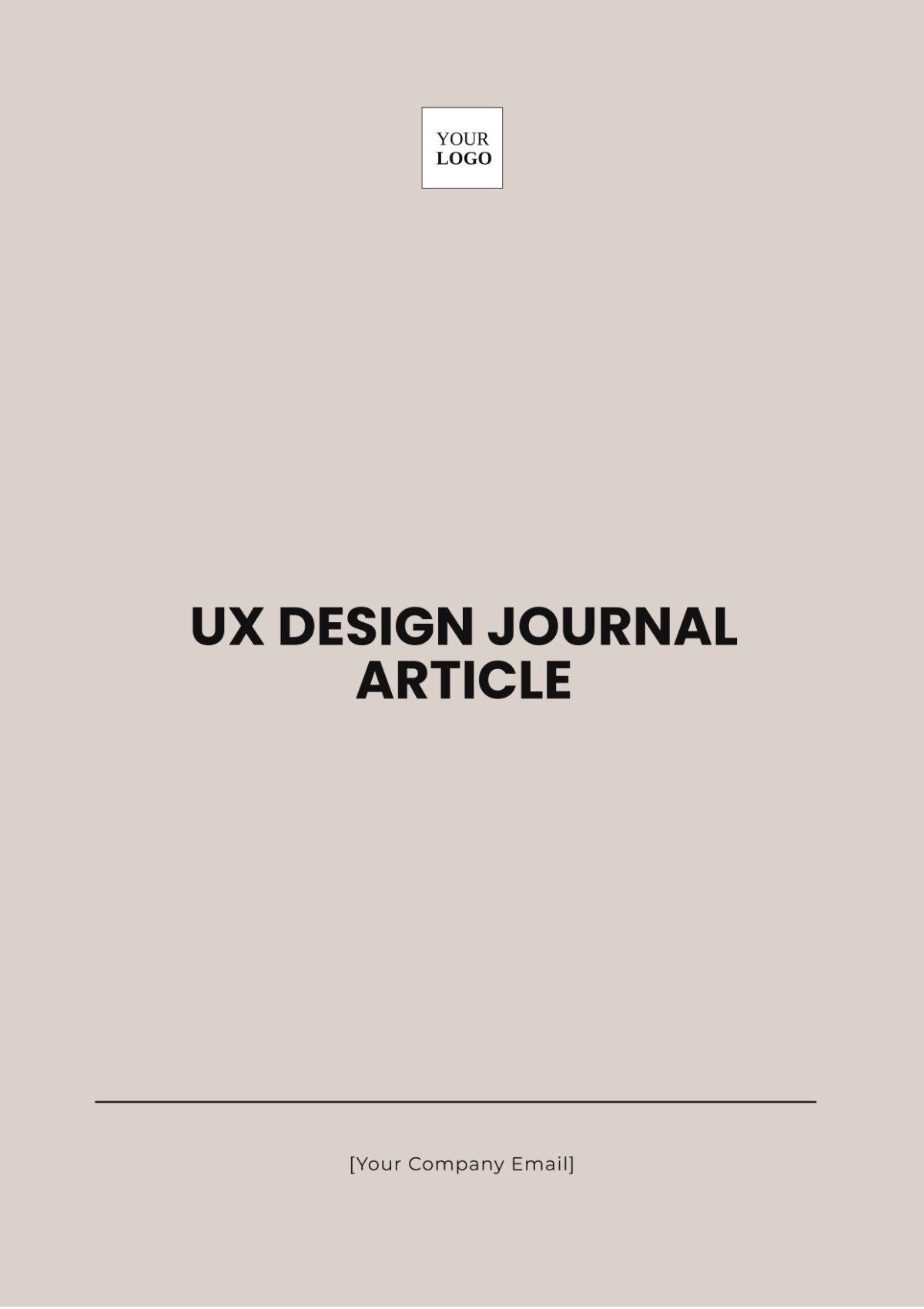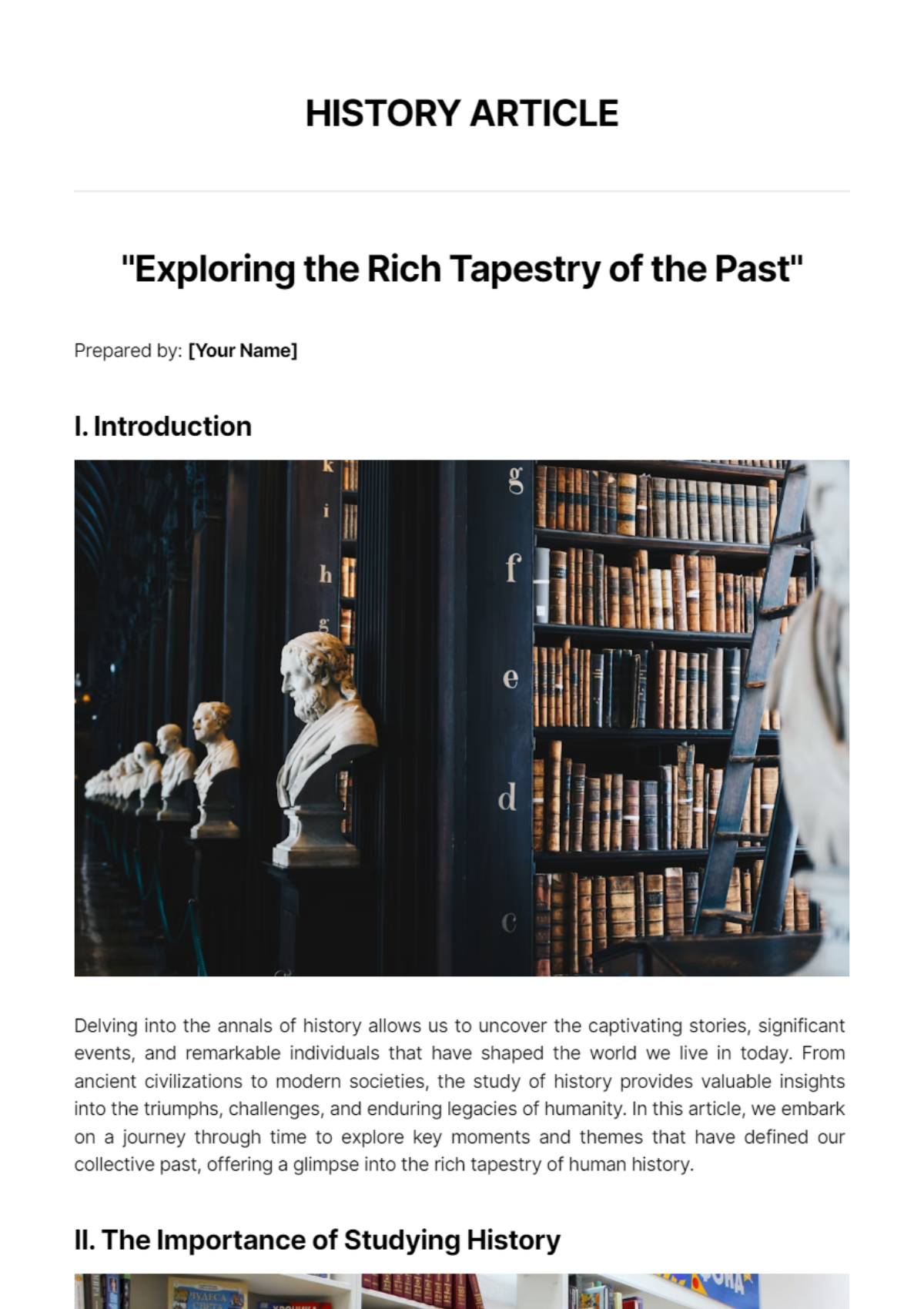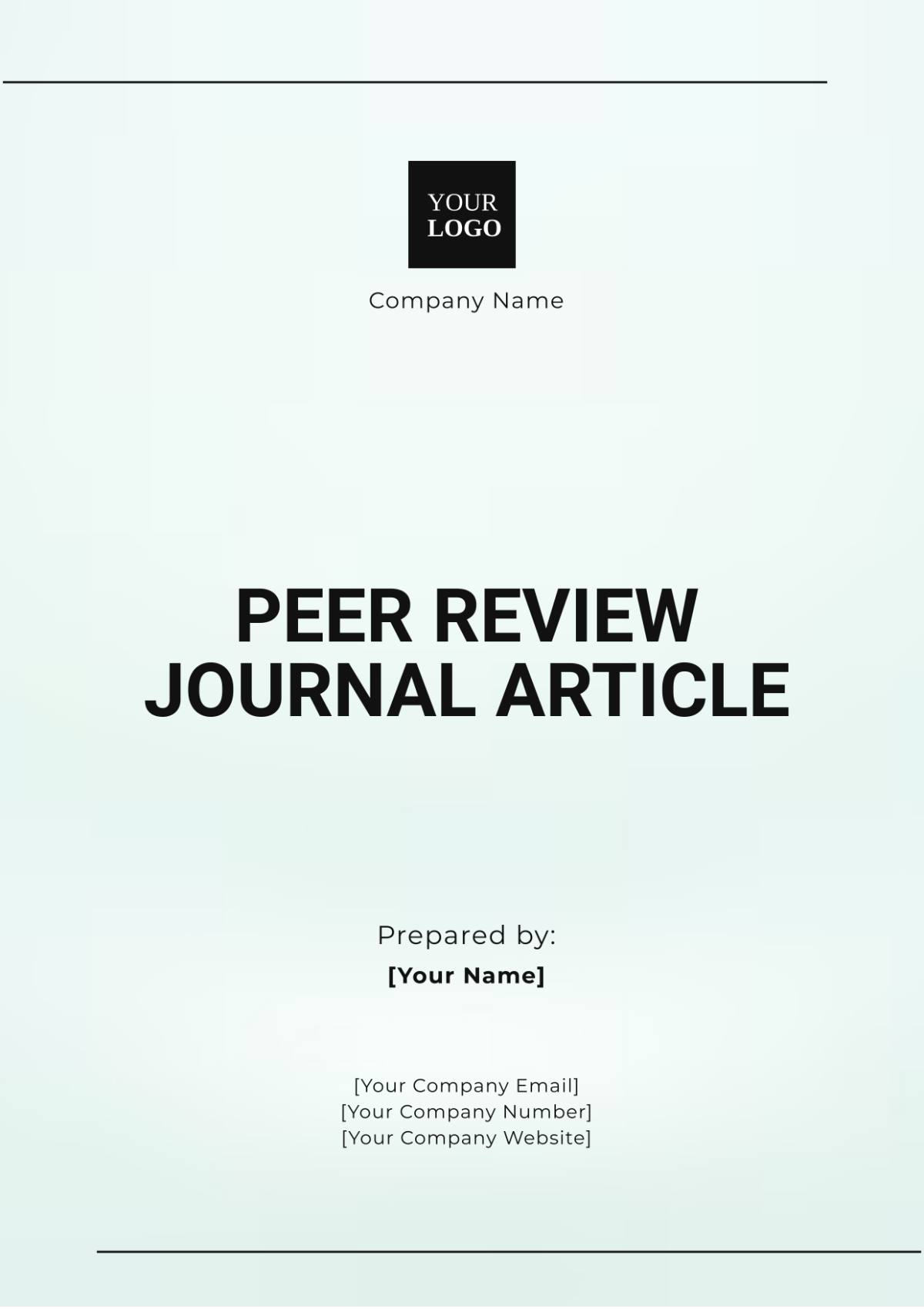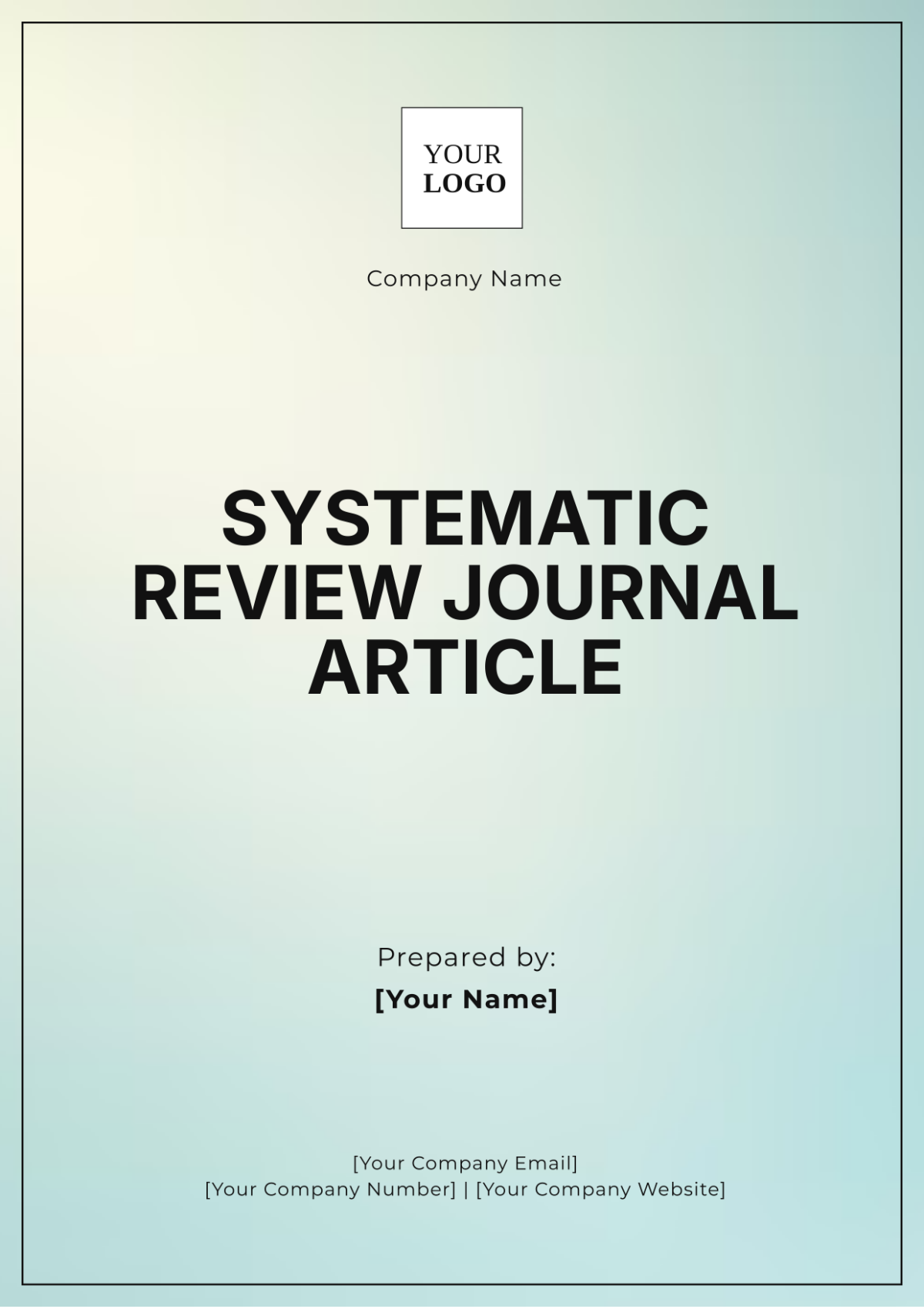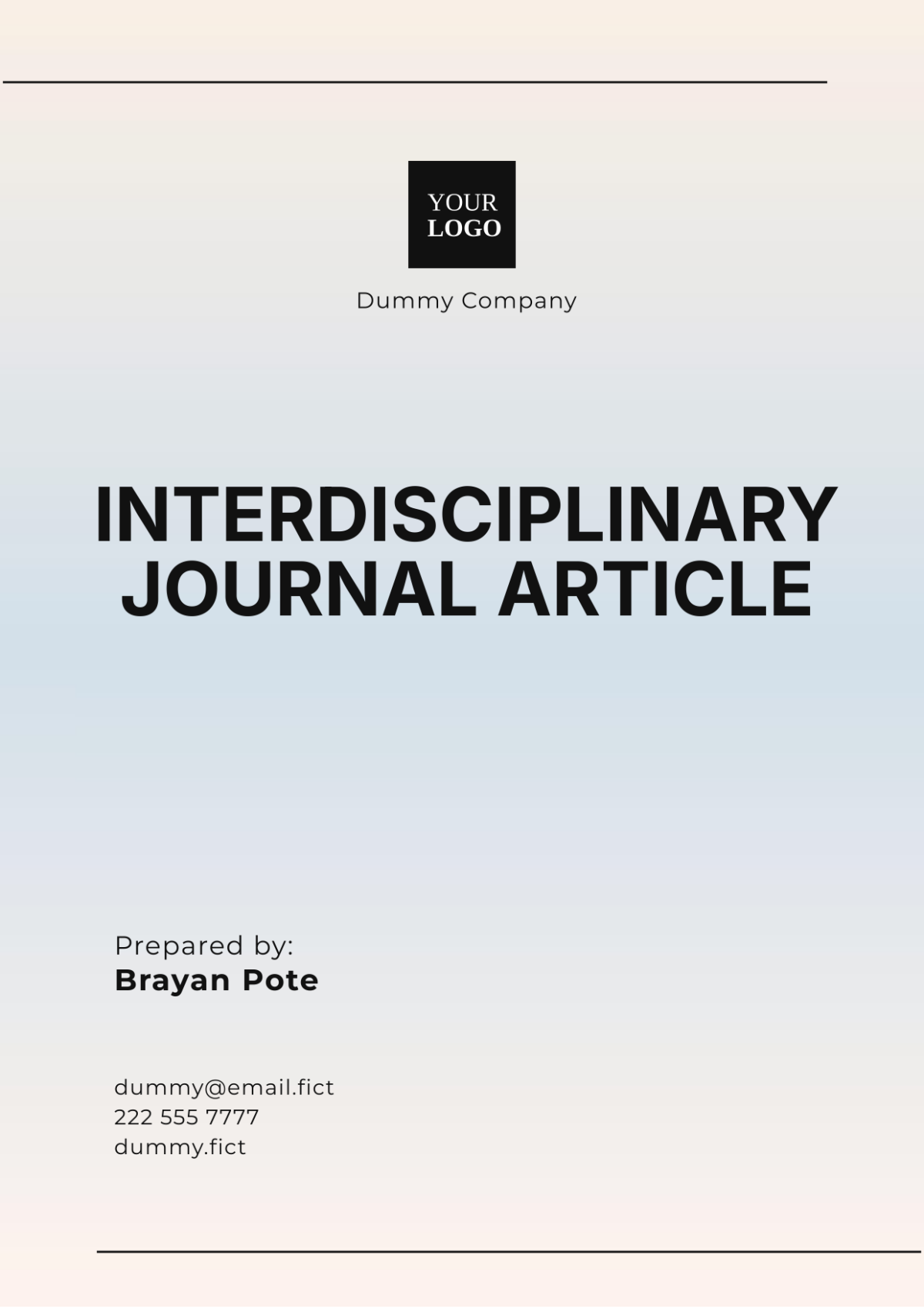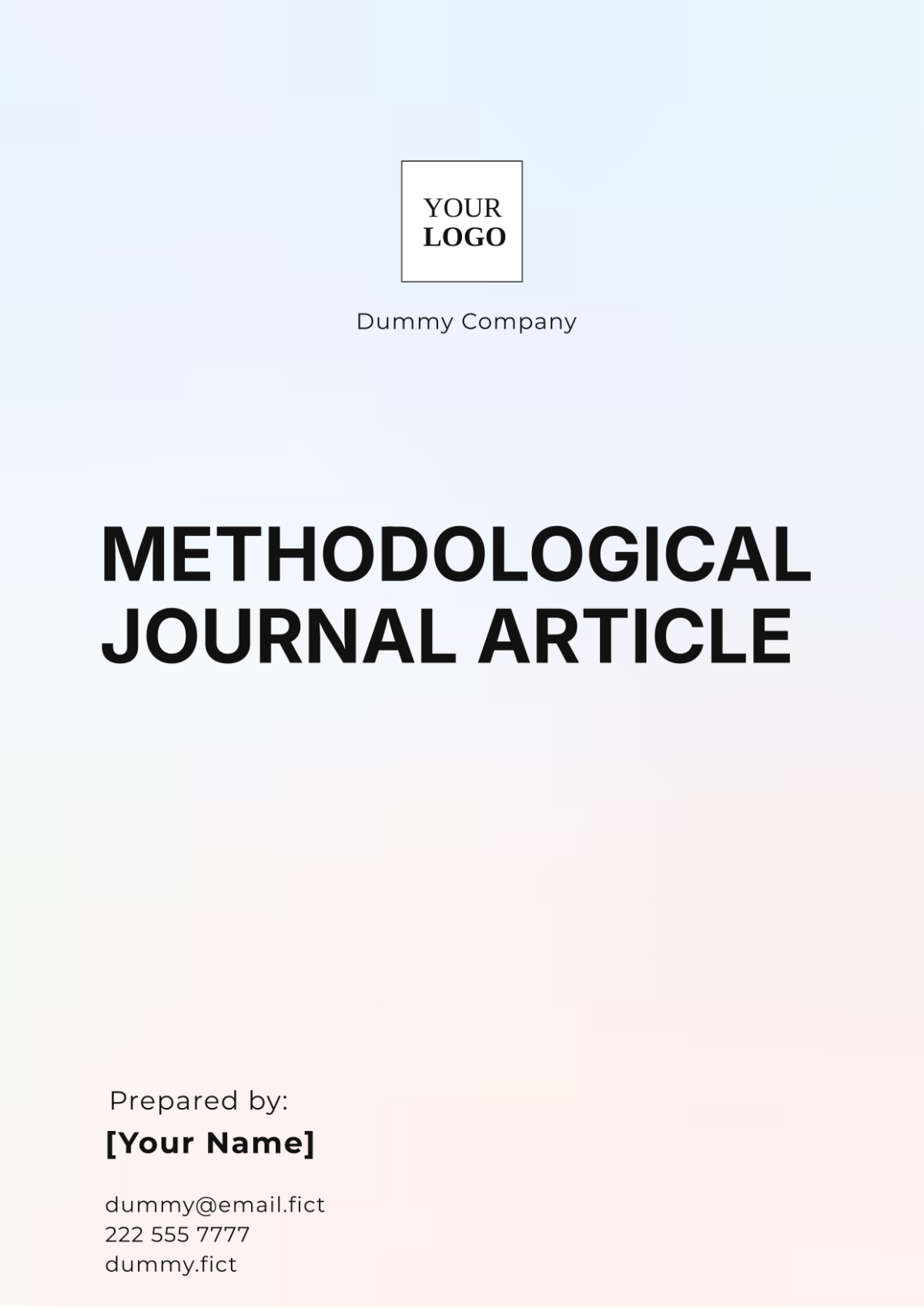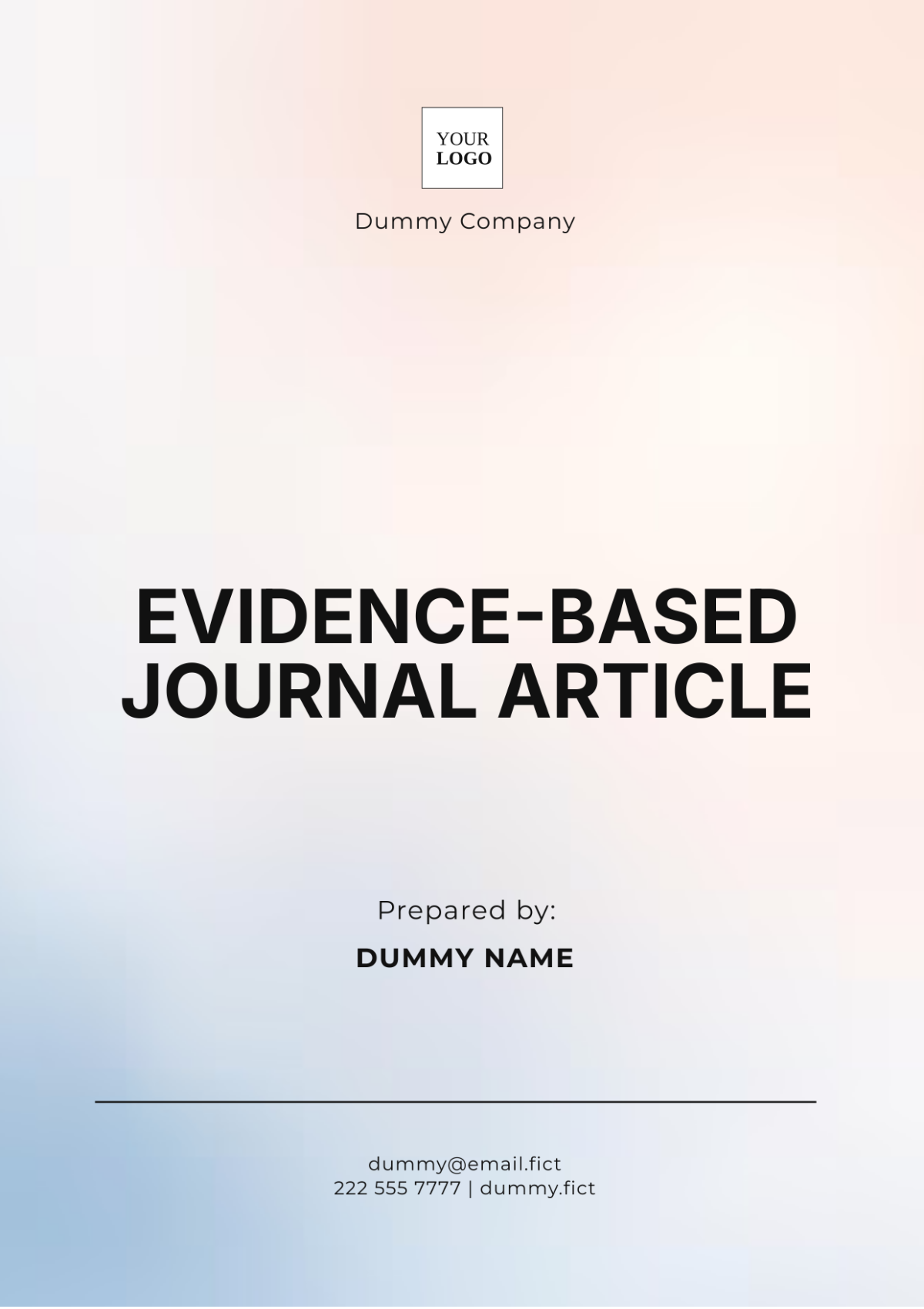PHD THESIS ARTICLE
"Exploring the Depth of Quantum Computing: A Comprehensive Overview'
Prepared by: [Your Name]
I. Introduction

The journey of a PhD thesis is both monumental and detailed, focusing on expanding the horizon of knowledge in Quantum Computing. This article aims to dissect the complexities of a PhD thesis, using Quantum Computing as a case study. The insights provided herein will aid prospective PhD candidates in understanding the nuances of crafting a profound thesis that is both academically and professionally rewarding.
II. Key Components of a PhD Thesis on Quantum Computing

A. Abstract
The abstract provides a succinct summary of the thesis, emphasizing the research question, methodology, major findings, and the significance of the study. This section is crucial as it often determines the reader's interest in the detailed content.
B. Introduction
The Introduction not only introduces Quantum Computing but also establishes the research’s urgency and relevance, setting the stage for an in-depth discussion. This section framed around the thesis statement should answer the "why" behind the research, its objectives, and the hypothesis.
C. Literature Review
The literature review supports the research with existing scholarly work, summarizing and synthesizing relevant theories and prior research, identifying the gaps that the thesis aims to fill. This comprehensive survey helps in pinpointing the novel aspect of the PhD thesis.
D. Methodology
Describes the research design, data collection methods, and analytical strategies employed in studying Quantum Computing. This section should clarify whether the approach is qualitative, quantitative, or mixed-methods, providing enough detail for reproducibility.
E. Results and Discussion
This chapter presents the data in a structured format, accompanied by charts, tables, and models. It's followed by a discussion that contextualizes the results in terms of the original research questions and the existing literature.
F. Conclusion and Recommendations
The conclusion revisits the research question, synthesizes the findings, and suggests practical applications and directions for future research. This final section underscores the contributions of the thesis to Quantum Computing and its broader impacts.
III. Challenges in Researching Quantum Computing

Identifying unique research angles that are both innovative and executable.
Amassing a comprehensive body of current and relevant literature.
Developing a robust methodology that accurately addresses the research questions.
Ensuring ethical compliance and maintaining academic integrity throughout the study.
Effectively managing time between research and other academic/professional commitments.
IV. Conclusion
In conclusion, the development of a PhD thesis involves a strategic analysis and detailed understanding of Quantum Computing. Success in such scholarly endeavors requires diligence, academic rigor, and an innovative mindset. By focusing on these foundational components and acknowledging the related challenges, PhD candidates can enhance their research approach, contributing significantly to their field.
V. References
[List of References]
VI. About the Author
[Your Name] is an esteemed researcher and lecturer in the field of Quantum Computing. With a Ph.D. in Computer Science from MIT, [Your Name] has published numerous papers and contributed to various projects in quantum information processing. Their expertise lies in quantum algorithms, quantum error correction, and quantum cryptography. [Your Name] is passionate about advancing the frontier of quantum computing and inspiring the next generation of researchers in the field.
